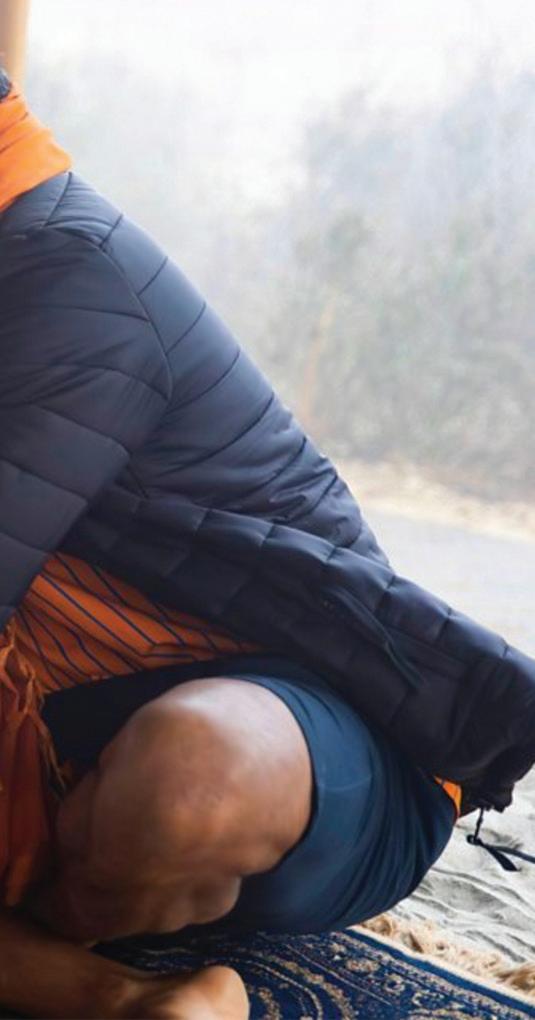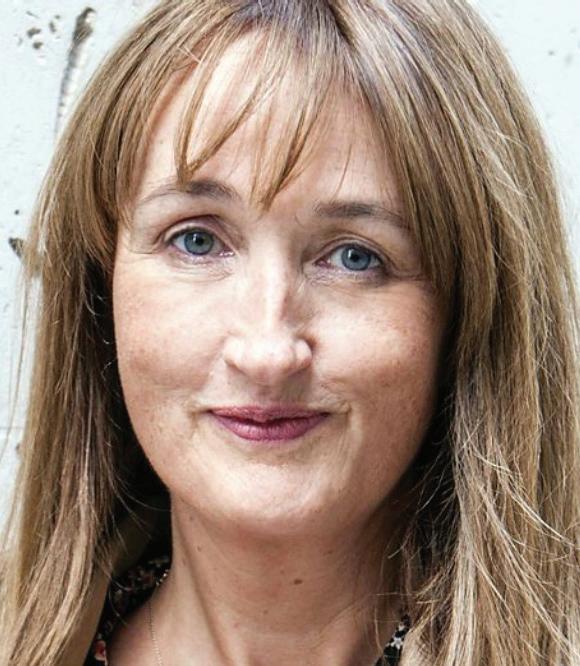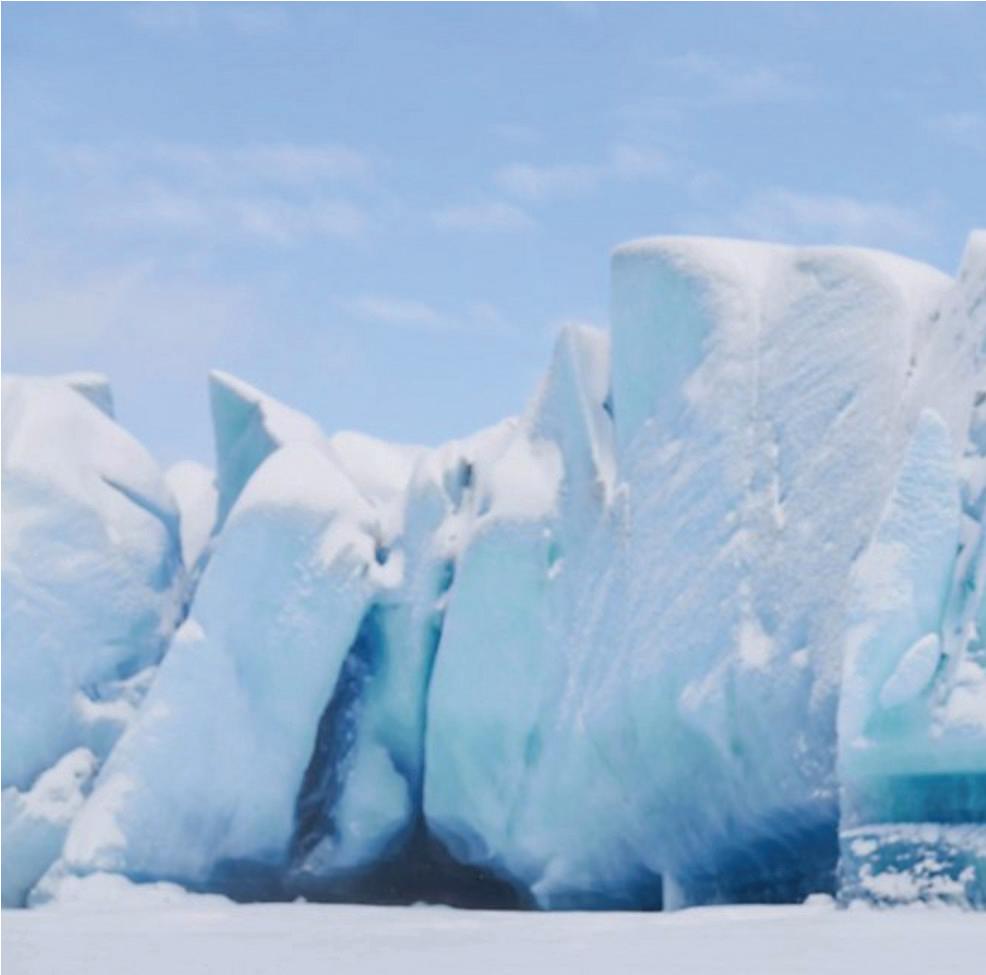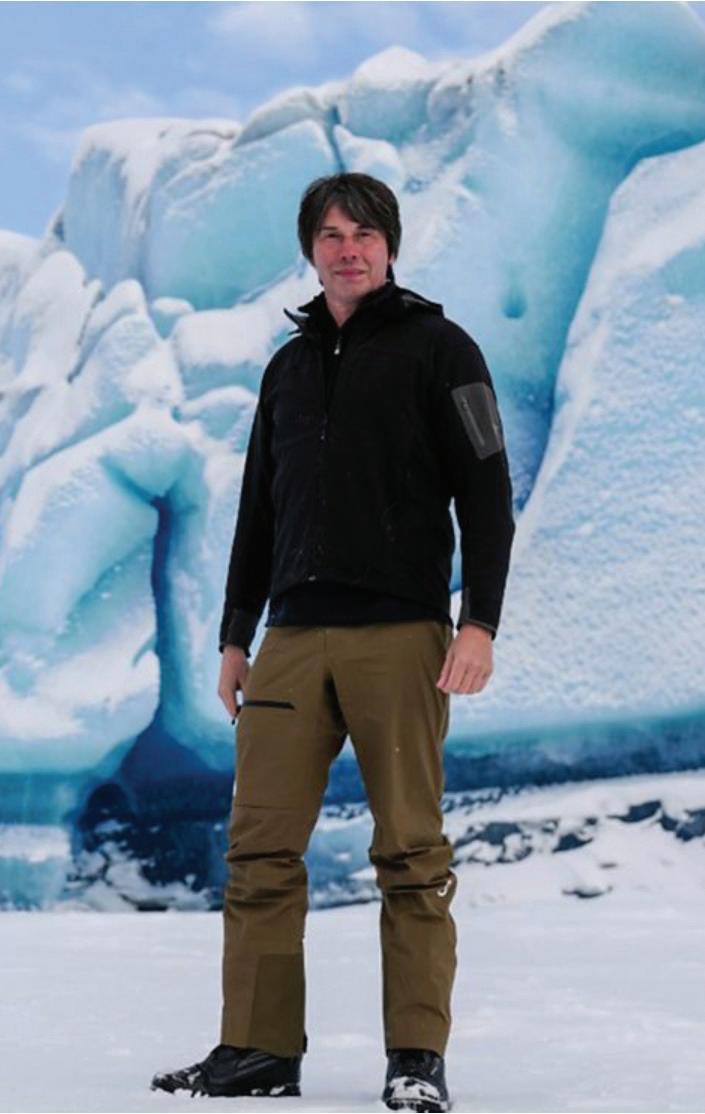Factual
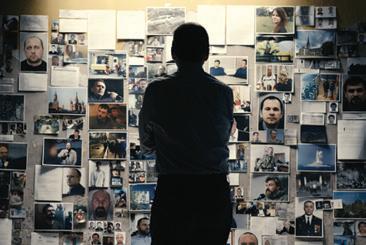

Inside Insight TV’s FAST channel needs
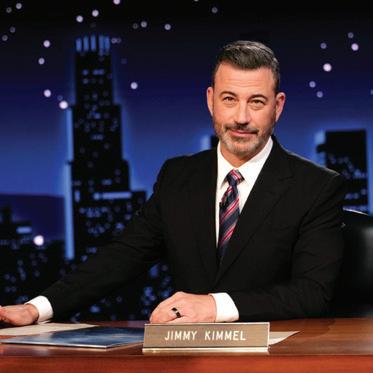
Why has TV voted to keep out of politics?



BBC takes aim at the predictable
PLUS: France Télévisions’ Caroline Behar on PSBs finding safety in numbers | The vital work of The Why Foundation






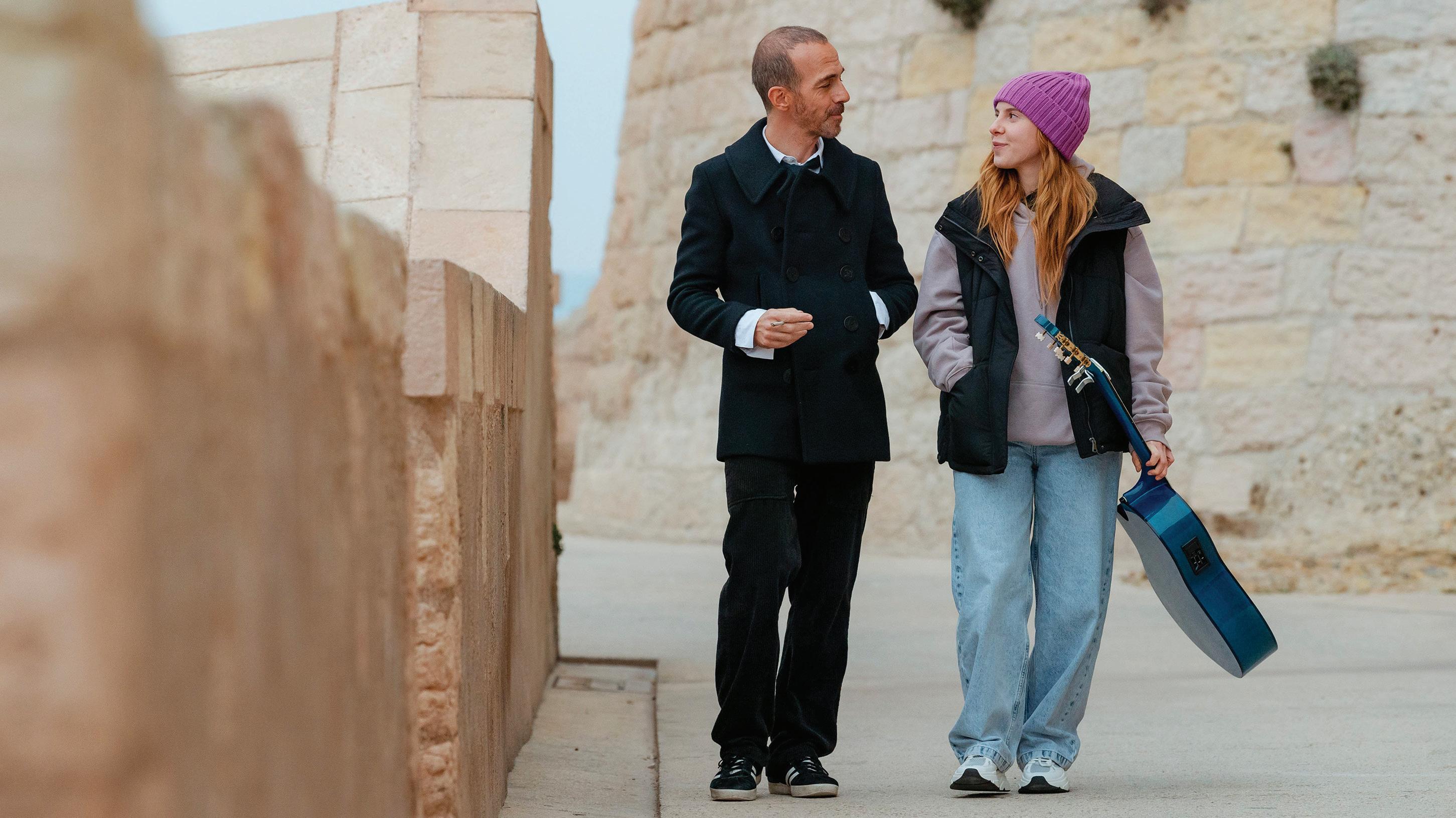

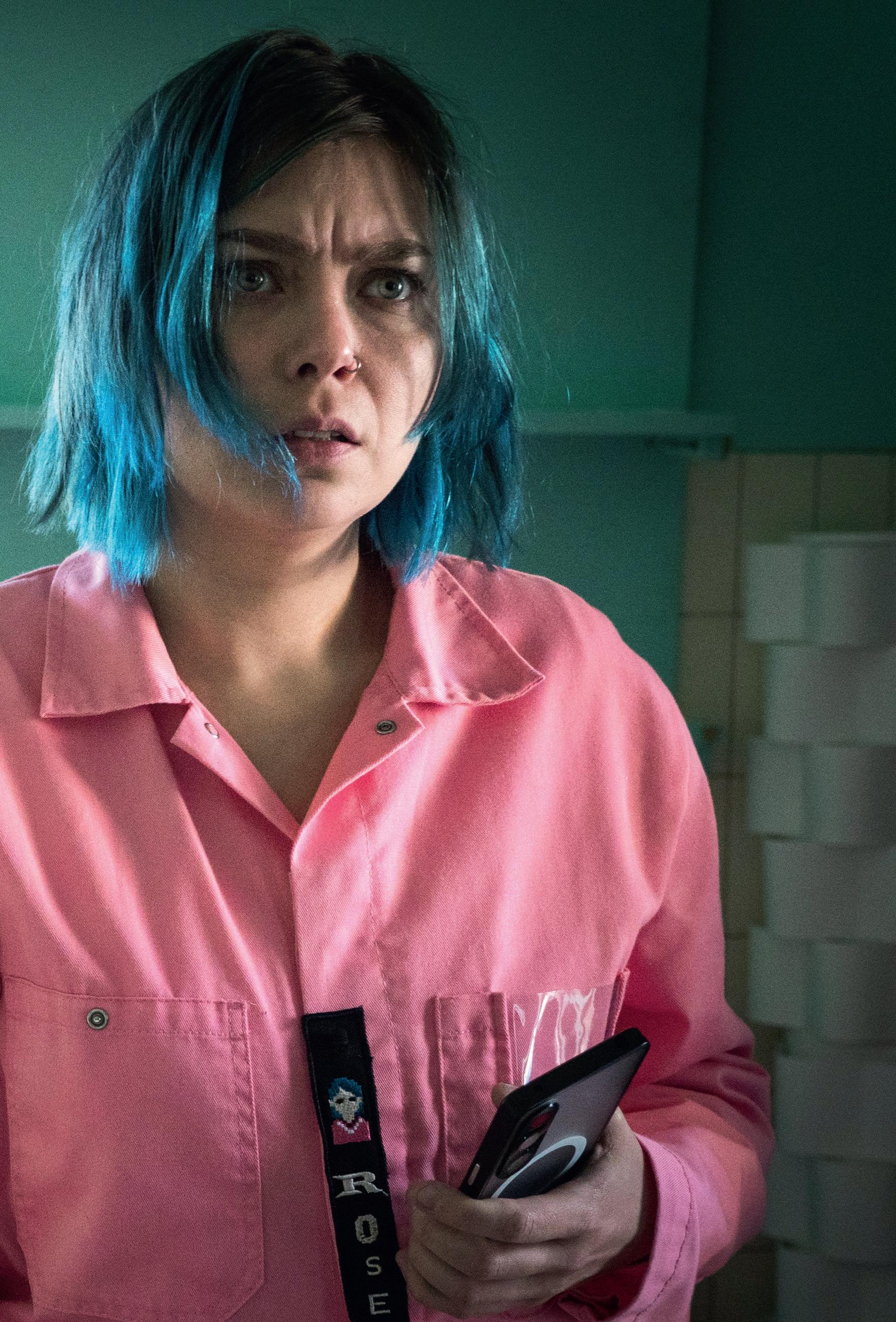



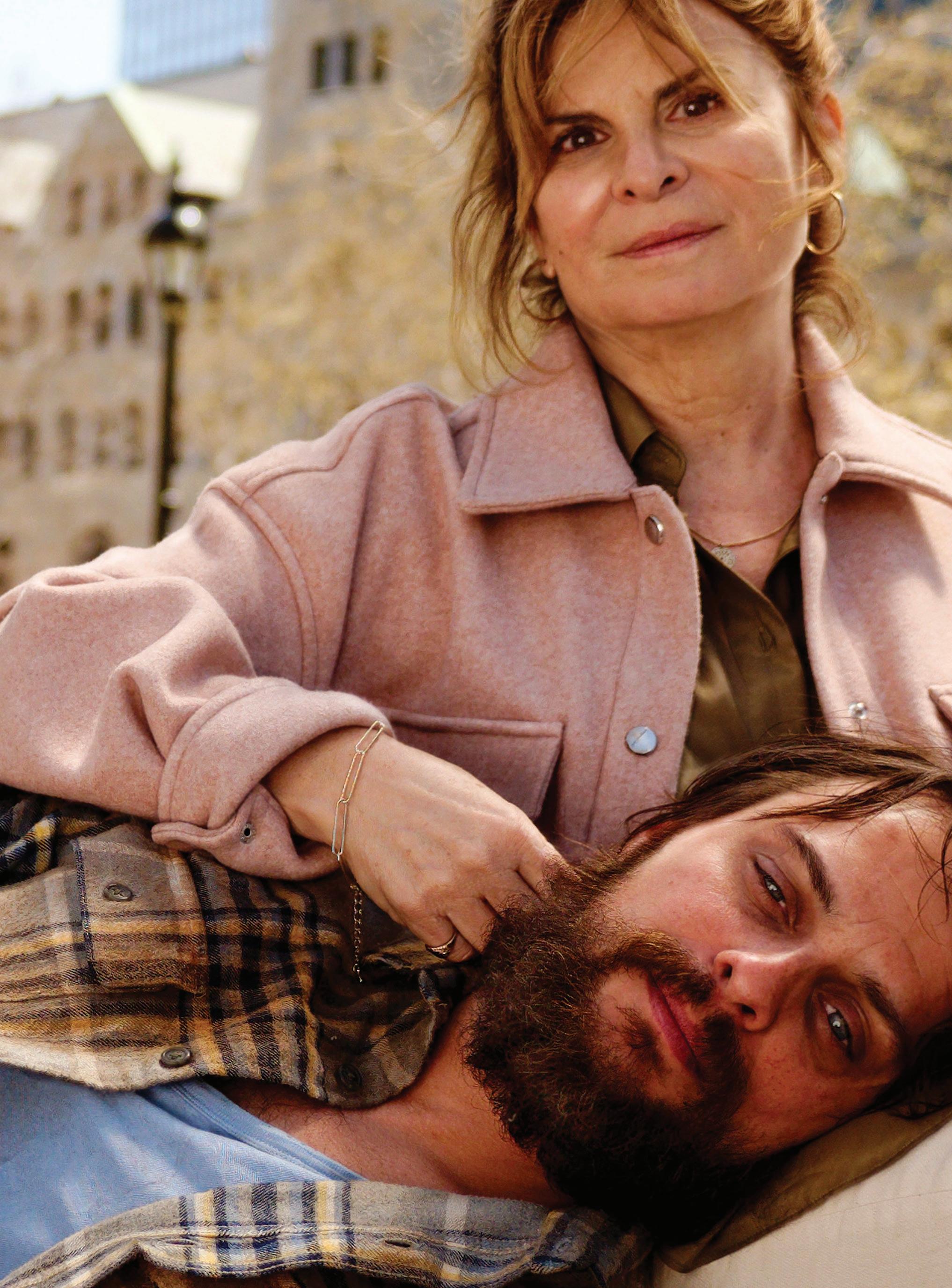





Inside Insight TV’s FAST channel needs

Why has TV voted to keep out of politics?



BBC takes aim at the predictable
PLUS: France Télévisions’ Caroline Behar on PSBs finding safety in numbers | The vital work of The Why Foundation















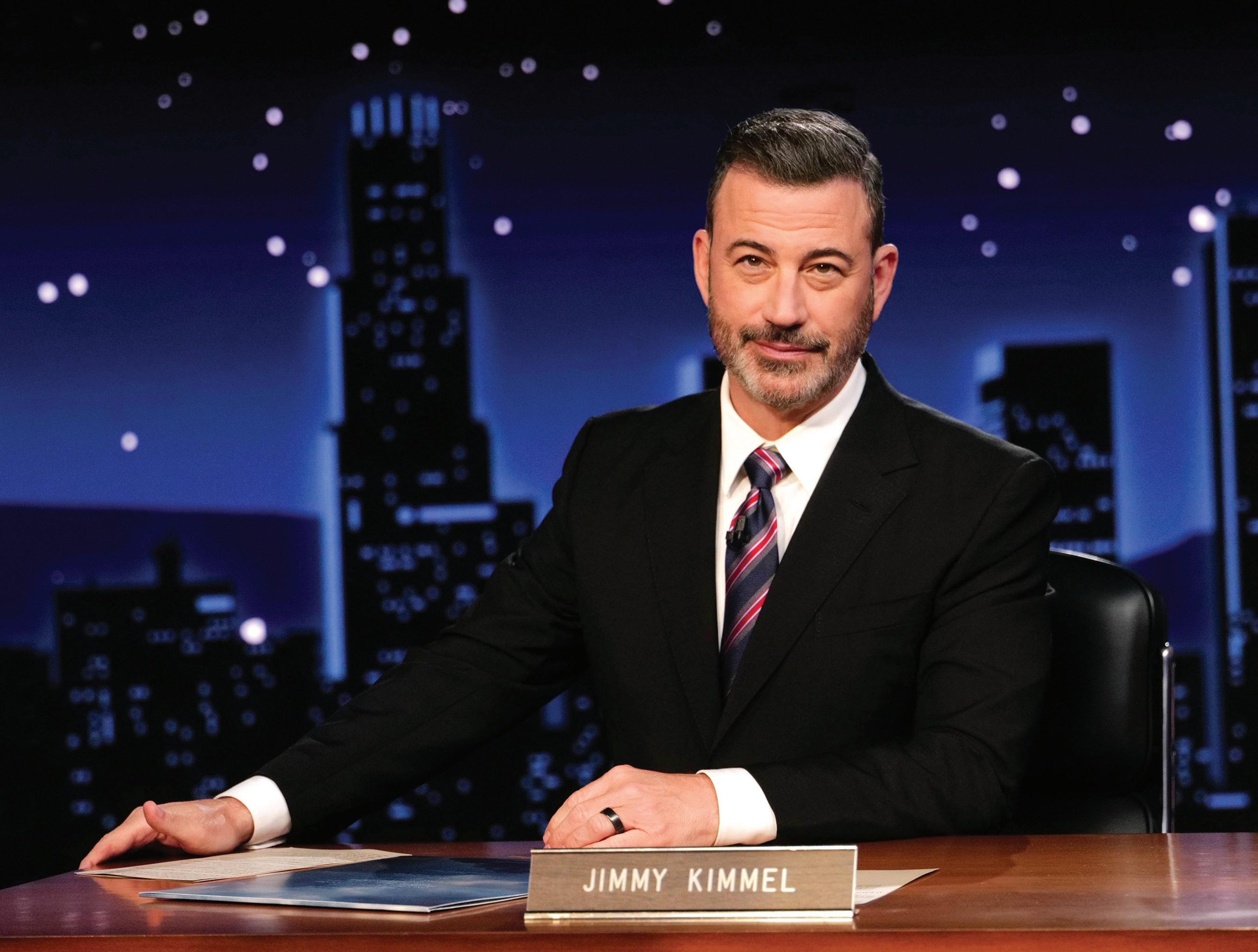
In the wake of Jimmy Kimmel’s return to his late-night Live! show on ABC after a one-week suspension, US president Donald Trump rather gave the game away.
Trump was on a state visit to the UK when the axe fell on Kimmel’s show for remarks made in the wake of the Charlie Kirk shooting in September. Kimmel claimed the suspected shooter had a Republican background and the “MAGA gang” was “desperately trying to characterise this kid who murdered Charlie Kirk as anything other than one of them and doing everything they can to score political points from it.”
Asked how the decision to cancel a talkshow because the host said something o ensive chimed with free speech – that favourite talking point of Trump, JD Vance and Kirk, for that matter – the president characterised it as a straightforward financial decision: “Jimmy Kimmel was fired because he had bad ratings, more than anything else.”
But a week later, when Disney backed down and returned Kimmel to air, Trump’s angry response suggested there was rather more to it than that. “I can’t believe ABC Fake News gave Jimmy Kimmel his job back,” Trump wrote on Truth Social. “The White House was told by ABC that his show was cancelled! Something happened between then and now because his audience is GONE, and his ‘talent’ was never there. I think we’re going to test ABC out on this. Let’s see how we do. Last time I went after
Russia, Gaza, Putin, Trump… It feels like political documentary and satire has never been more important in a dangerous and confused world, and yet the broadcast business has never felt less able to tackle these topics.





By Clive Whittingham


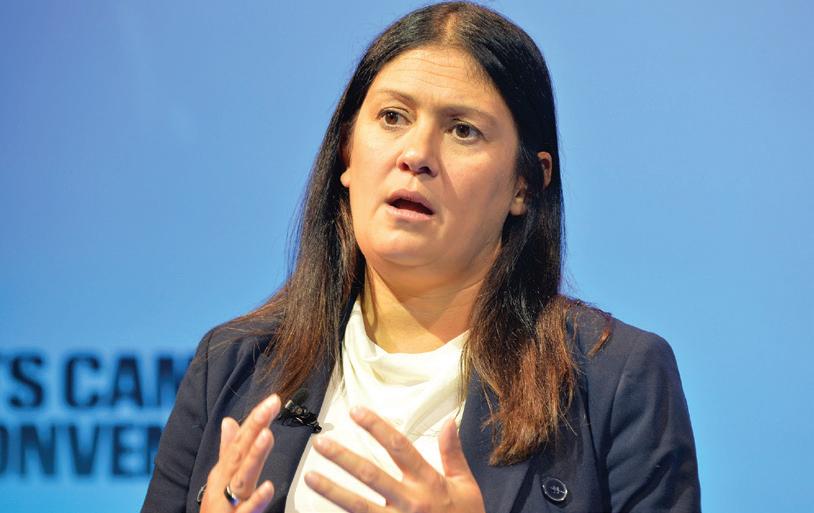
them, they gave me $16 million dollars. This one sounds even more lucrative.”
It continues a worrying, wider trend on both sides of the Atlantic of political influence being brought to bear against broadcasters and the rest of the media.
Earlier this year, Paramount Global-owned US network CBS cancelled The Late Show with Stephen Colbert. The franchise, which was hosted by David Letterman from 1993 to 2015, is being retired and Colbert will not be replaced when the current season wraps in May 2026. CBS claimed
the cancellation was “purely a financial decision against a challenging backdrop in late-night” and “not related in any way to the show’s performance, content or other matters happening at Paramount.”
But the cancellation came as Paramount Global’s takeover by Skydance awaited approval from the Federal Communications Commission (FCC) –led by Trump-appointed chairman Brendan Carr – and as Trump pursued a lawsuit against CBS News for allegedly deceptively editing an interview with former presidential nominee Kamala Harris. Paramount Global settled for US$16m at the same time as cancelling Colbert. Colbert, a vocal Trump critic, called that a “big fat bribe.” Carr, meanwhile, openly threatened ABC’s a liate licences if Disney did not take action against Kimmel in the wake of his Kirk comments.
The Writers Guild of America called for an investigation into the Colbert cancellation, saying it had concerns the move was purely to “curry favour” with Trump and smooth the path of the US$8bn merger with the FCC, which at that point had been reviewing the deal for months but subsequently approved it.
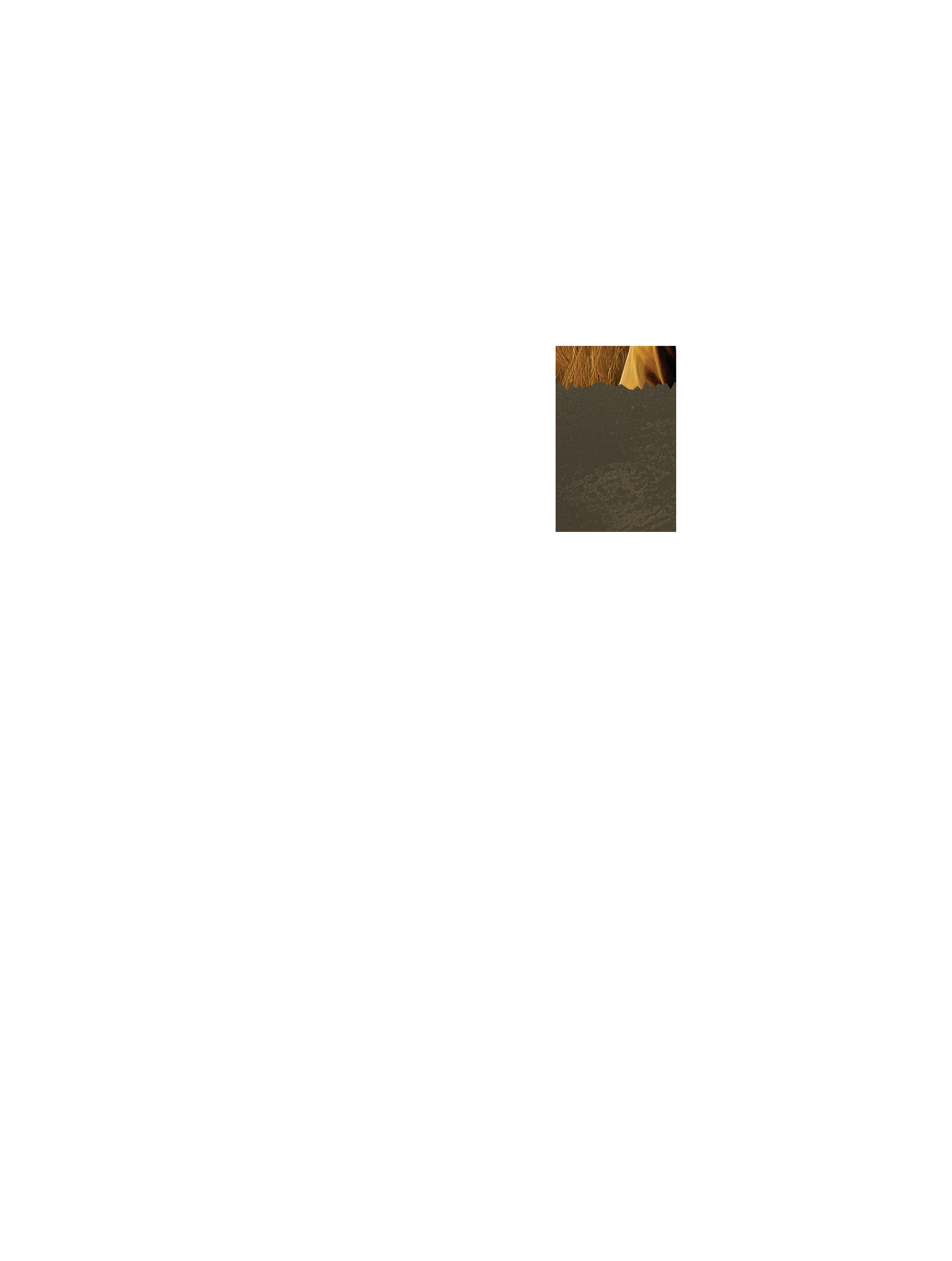

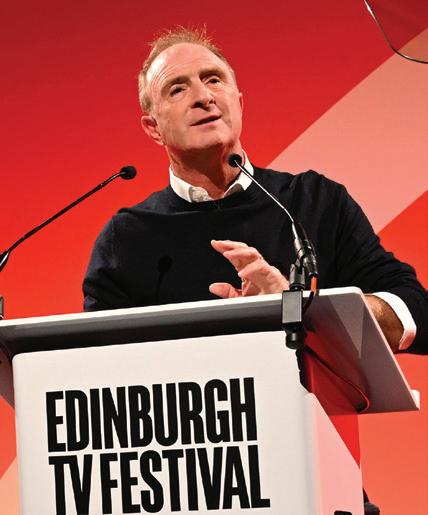
Prominent figures including Barack Obama added their voices to the debate. The former president took aim at the Republicans’ apparent U-turn on the importance of free speech but also called on media companies and outlets to show more backbone. Alongside a repost of a New York Times article titled ‘Washington Post Columnist Says She Was Fired for Posts After Charlie Kirk Shooting,’ Obama said: “This is precisely the kind of government coercion that the First Amendment was designed to prevent – and media companies need to start standing up rather than capitulating to it.”
Former Disney CEO Michael Eisner, who led the Mouse House from 1984 to 2005 and was succeeded by current Disney CEO Bob Iger, asked why influential figures in US business, law and education are not willing to stand up to the administration amid what many on the left have characterised as attempts to muzzle dissenting voices.
He said: “The ‘suspending indefinitely’ of Jimmy Kimmel immediately after the chairman of the FCC’s aggressive yet hollow threatening of the Disney Company is yet another example of outof-control intimidation. Maybe the constitution should have said, ‘Congress shall make no law abridging the freedom of speech, or of the press, except in one’s political or financial selfinterest.’”
Kimmel wasn’t forced to issue an apology on his return, joking that Disney had asked him to read a prepared statement before saying: “How to re-activate your Disney+ and Hulu subscription…” A group of Disney shareholders are threatening to take legal action over the decision to take him off air, arguing the media giant’s board and executives may have breached their fiduciary duties by prioritising “improper political or affiliate considerations”
“
The BBC is not institutionally antisemitic. It’s untrue to say it is. Whatever your view of hate speech versus freedom of speech issues, an overbearing government minister doesn’t help anyone. Hiring and firing should not be the job of a politician. It’s chilling.
James Harding
above that of the company and its shareholders.
On his first night back, when Kimmel riffed with Robert De Niro and others about his show’s brush with death, he said: “This show is not important, what is important is that we get to live in a country that allows us to have a show like this,” and added that it was “never my intention to make light of the murder of a young man.
“I’ve had the opportunity to meet and spend time with comedians and talkshow hosts from countries like Russia, countries in the Middle East, who told me they would get thrown in prison for making fun of those in power, and worse than being thrown in prison, they know how lucky we are here,” Kimmel added.
“Our freedom to speak is what they admire most about this country, and that’s something I’m embarrassed to say I took for granted until they pulled my friend Stephen Colbert off the air and tried to coerce the affiliates who run our show in
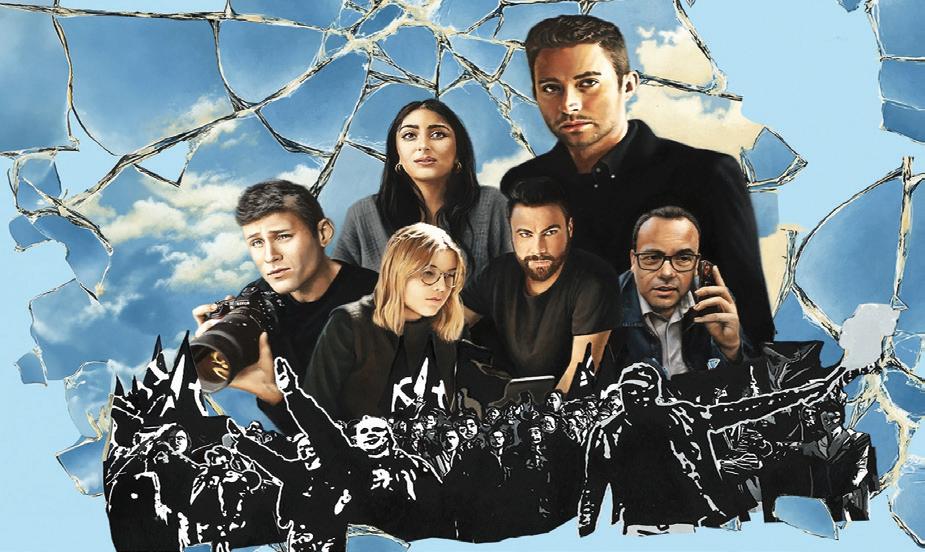
the cities that you live in to take my show off the air. That’s not legal. That’s not American. That is unAmerican.”
Meanwhile, Trump continues his pursuit of free speech with a US$10bn lawsuit against the Wall Street Journal’s parent company, Dow Jones, and its owner, Rupert Murdoch, over a note he allegedly wrote to paedophile Jeffrey Epstein and a US$15bn suit against the New York Times for being a “mouthpiece” for the Democratic Party and of “spreading false and defamatory content.”
Public broadcasters PBS and NPR, furthermore, are having funding cut by US$1.1bn – again, accused of being Democrat mouthpieces. NBC could be up next. “That leaves Jimmy [Fallon] and Seth [Meyers], two total losers, on Fake News NBC. Their ratings are also horrible. Do it NBC!!!” said the 47th president of the United States of America. It’s been more cordial but no less testy on the other side of the pond.
In June, the BBC in the UK came under fire for its coverage of the Glastonbury Festival, where punk rap duo Bob Vylan led crowds in chants of “death, death to the IDF [Israel Defence Forces].” That resulted in the resignation of the BBC’s director of music, Lorna Clarke, after UK culture secretary Lisa Nandy condemned the “appalling and unacceptable scenes” broadcast by the corporation.
Former BBC director of news and current affairs James Harding used his MacTaggart Lecture at the Edinburgh TV Festival in August to launch an impassioned defence of the UK public broadcaster and its director general, Tim Davie. “This summer, Lisa Nandy has weighed in,” he said.

“The culture secretary’s office insists she did not explicitly ask Samir Shah, the BBC chair, to deliver up the DG’s resignation after the Bob Vylan death chants at Glastonbury were streamed on BBC iPlayer. But people inside the BBC were left in no doubt that was the message. The place became paranoid about how the BBC itself would cover the story; people around him thought the political pressure would be too much.
“The BBC is not institutionally antisemitic. It’s untrue to say it is. Whatever your view of hate speech versus freedom of speech issues, an overbearing government minister doesn’t help anyone. Hiring and firing should not be the job of a politician. It’s chilling.
“On the one hand, politicians are trying to control or cancel
u

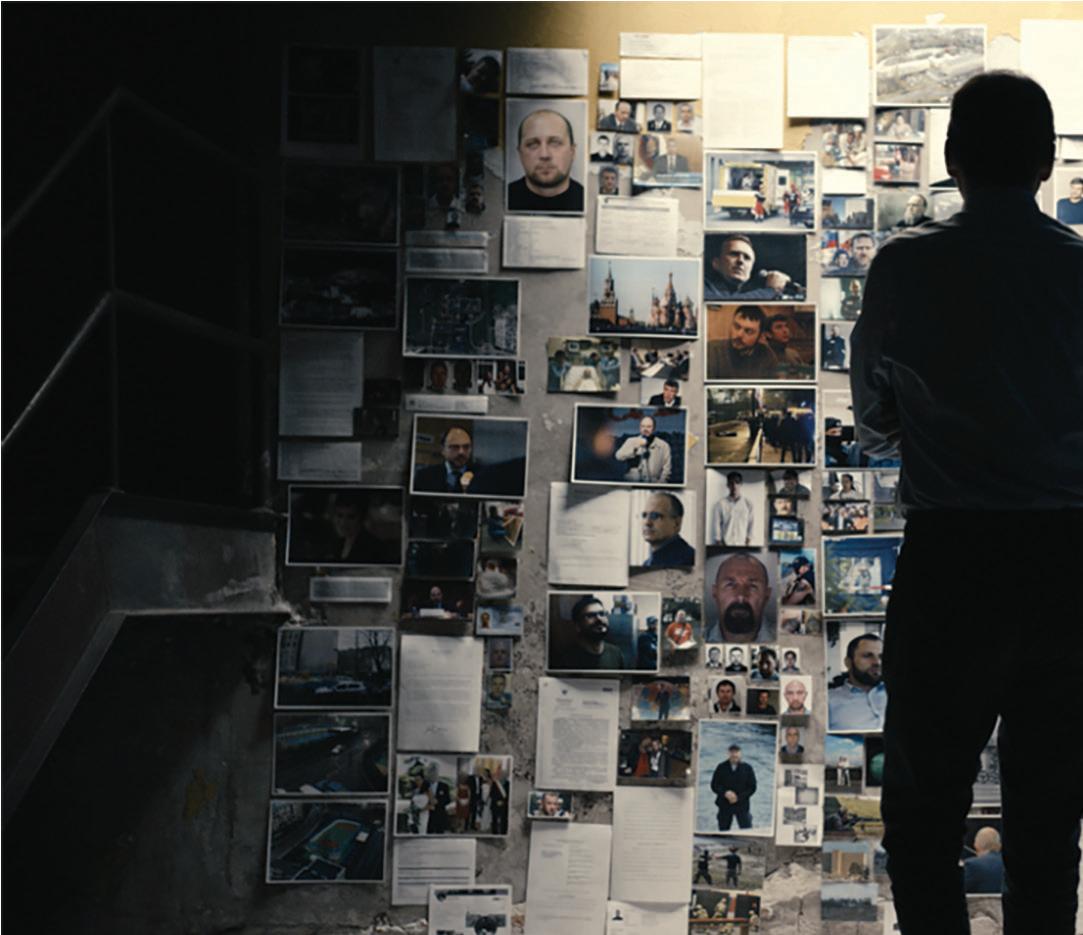

the media, particularly news. On the other, AI is beginning to lay waste to the economics of information, while also remaking the job of storytellers. In the US, Donald Trump has normalised political interference in the media. He has intimidated the commercial media, incentivised self-censorship and defunded public service broadcasters. We’d be very naive to think something similar can’t happen here.”
The BBC faced accusations of bias the other way in the Israel-Gaza conflict at She eld Doc/Fest in June. Basement Films founder and former Channel 4 News editor Ben De Pear took to the Crucible Theatre stage to let rip at the BBC and Davie for its coverage of Gaza.
Describing Davie as a “PR person taking editorial decisions, which frankly he is not capable of making,” De Pear said: “They’ve been in a defensive stance for years. The BBC’s primary purpose is TV news and current a airs and if it’s failing on that then it doesn’t matter what drama it does or sport it covers, it’s failing as an institution. If it’s failing on that then it needs new management. They are making decisions from a PR, defensive point of view rather than a journalistic point of view. If you make a decision on a journalistic basis, you can defend it. If you make it on a PR basis, you can’t.”

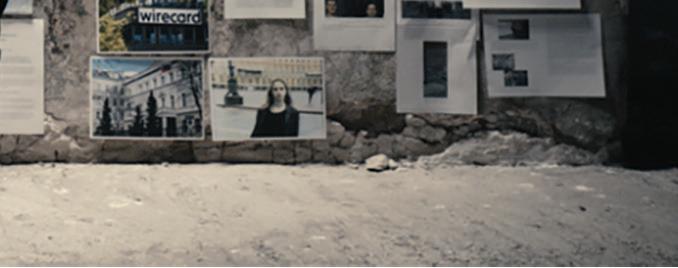
Israel right we will lose young audiences and we will lose them for a generation.”

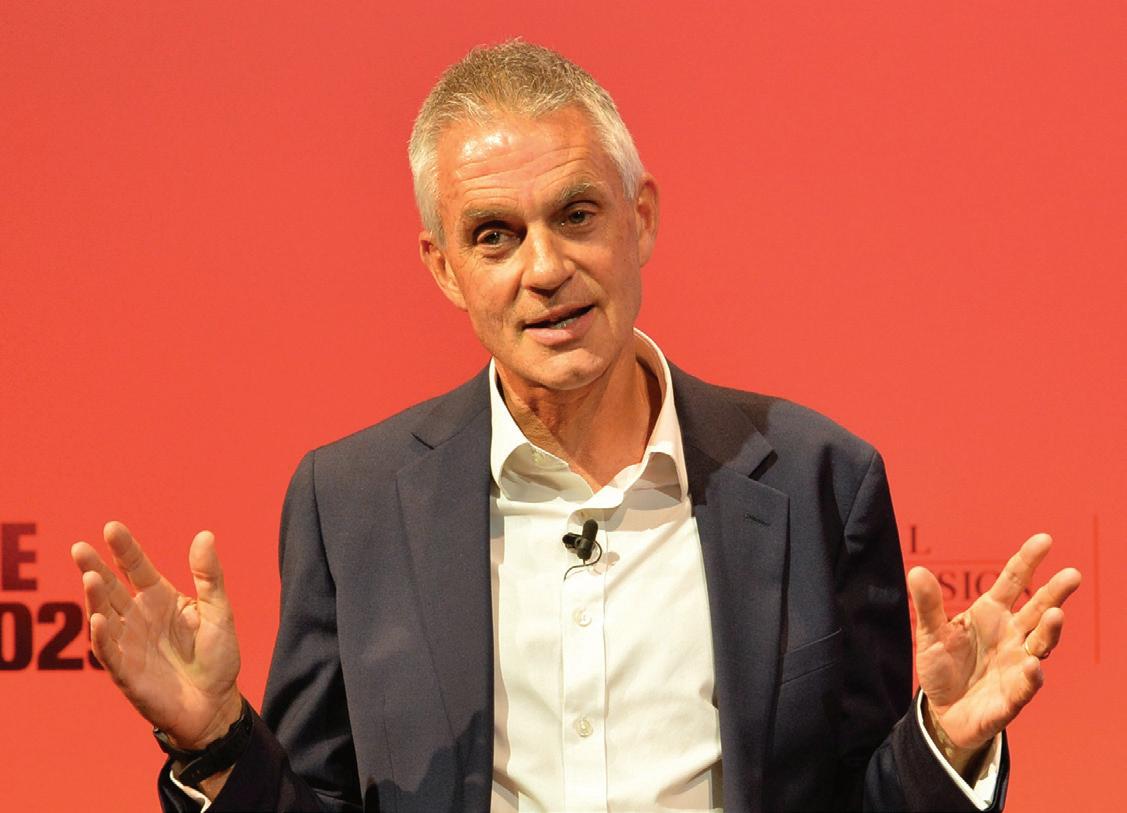
Have we now reached a situation where satire and political documentary is simply too hot for broadcasters to handle? Prash Naik, former general counsel at Channel 4 and now founder of legal service Creators Counsel, which advises on high-risk content, says: “It’s not surprising streamers have taken the line of least resistance with a staple diet of true crime and celebrity history docs. Surprise, surprise, it’s the PSBs that have come to the rescue. But subjects like Gaza, transgender rights, climate change and the growth of big tech all now face uncertain futures because they’re persona non grata in the US, funding and distribution.”
Havana Marking, director of Marking Films, which made Undercover: Exposing the Far Right, had her film pulled at the last minute by the London Film Festival due to “safety concerns.” She said: “We haven’t had a single sale, festival or anything in the

The BBC said it completely rejects De Pear’s characterisation of its coverage and there was little surprise his comments hastened the public broadcaster’s decision to take De Pear’s documentary Gaza: Medics Under Fire o indefinite hold and return the rights to the producer. “For some weeks, the BBC has been working with Basement Films to find a way to tell the stories of these doctors on our platforms,” a spokesman said. “Yesterday it became apparent that we have reached the end of the road with these discussions.”
The doc was subsequently picked up and aired by Channel 4, whose chief creative o cer, Ian Katz, says TV is becoming “boring, safe and risk-averse”.
“As an industry, we are at risk of missing the fact that for a lot of young people in this country the Gaza-Israel conflict is the defining issue for their generation in the same way for my generation Apartheid was the prism through which you saw everything. Young people are hungry for coverage of that story – we see it in our numbers,” Katz said. “We have handled that story sure-footedly and with real subtlety, intelligence and commitment. Institutions need to be careful; if we don’t get Gaza-
“ The ‘suspending indefinitely’ of Jimmy Kimmel immediately a er the chairman of the FCC’s aggressive yet hollow threatening of the Disney Company is yet another example of out-of-control intimidation.
Michael Eisner
US. It’s really strange. At the beginning you hope for a US angle for the story because then US market will be interested. We do have a US angle, but it’s a far-right Silicon Valley billionaire – now, that’s a disaster in terms of getting film to the US. They don’t want to piss them o any more than they do Trump.
“The film started as a [BBC documentary strand] Storyville and was going fine, but then impartiality became more important than the journalism. We followed [activist] Tommy Robinson and his use of intimidation in the far-right world. We were told the film could only air if we interviewed Tommy Robinson, a man with form for harassing journalists and every breath he takes is a lie, so we walked away and said we can’t make that film. Thankfully, Channel 4 took it on with a great legal
team. We kept saying you can’t be impartial about racism, you can’t have another opinion, it doesn’t work. As soon as we said that, things started being phone calls, not emails, which is when you know you’re winning the argument. That was very di cult.”
De Pear says not a single US broadcaster or platform will currently touch a film about Gaza. He said his previous Gazan project, Kill Zone, did have money from a US broadcaster but “they messaged me in code saying we really want to make this film but probably won’t get to broadcast it and a month later there was a change of ownership and the first thing they did was can our film.”
James Jones, producer and director at Jones Films and behind Vladimir Putin exposé Antidote, says: “We released it in America and got a good reaction but as soon as you do a film that’s politically sensitive you rule out half the potential buyers. Apple and Amazon won’t touch it, Netflix might if it’s going to win an Oscar but they mainly go with sport, celebrity and true crime, which the algorithm tells them works.
“We had another conversation with a larger broadcaster in the US, and they were obsessed with the security threat to them. In the end, it gathered enough momentum for PBS Frontline to buy it. We didn’t make millions, but it has been seen in the US at a time when the president is appeasing Putin and taking public opinion with him. We got there but given the quality and relevance of film it was way more of a struggle than it would have been five years ago.”
Sadly, it feels that while documentaries, factchecking, accuracy and speaking truth to power have never been more important, the public service broadcasters that deliver these things have been hobbled or compromised and the rest of the industry has decided it doesn’t have the backbone to provide them.
As Disney’s Eisner said: “Where has all the leadership gone? If not for university presidents, law firm managing partners, and corporate chief executives standing up against bullies, who then will step up for the First Amendment?”




Caroline Behar, head of international coproductions and documentary acquisitions at France Télévisions, talks safety in numbers for pubcasters, the e ect of the threats to public TV funding in the US, and where AI fits with PSB standards and practices.
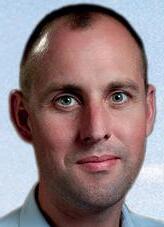
By Clive Whittingham
France has done more than most to protect the integrity and health of its broadcasting and cinema landscape from foreign invaders – it was faster off the blocks than almost anywhere else in the world on local quotas and regulations for big tech companies launching streamers there, for example.
Nevertheless, its traditional broadcasters face the same challenges as everywhere else, with a bleed of audiences and advertisers to YouTube and elsewhere. Acquisition and copro execs are becoming the key figures at terrestrial channels across Europe, and at public broadcaster France Télévisions the head of international coproductions and documentary acquisitions is Caroline Behar.
“We are all facing the same challenges, whether it’s budget cuts or political pressure, and we all have the same ambition for making big projects happen,” she says of the situation facing channels like hers the world over. “We all realise that international coproduction is not a choice or an option, but really the only condition of making these very big, ambitious projects happen.”
One of those projects was Gustave Eiffel: The Man Behind the Tower on which France TV teamed up with Germany’s ZDF and Japan’s NHK, among others. Like so many other international projects, it also took a sizeable contribution from PBS for its Nova strand in the US. France Télévisions is pairing again with PBS on theatrical doc Terror on the Space Station, so Donald Trump’s plan to hobble PBS and NPR to the tune of US$1bn in federal funding not only threatens public broadcasting in the US but internationally as well.
concerning situation and we are always working together and trying to find solutions.”
One of those solutions has been the Global Doc co-funding initiative, launched in 2022, led by France Télévisions and initially joined by Canada’s CBC, Germany’s ZDF, the UK’s Channel 4, Sweden’s SVT, Austria’s ORF and Australia’s ABC. WNET and WGBH (US), NHK (Japan) and Rai (Italy) have all since joined and Brasil TV became the 12th member of the group at Sunnyside of the Doc in June. Global Doc aims to tackle the crisis in documentary funding by taking a collaborative approach to coproduction among global pubcasters and has co-operated on 25 projects so far.
“The aim is to coproduce or co-create big, ambitious, event projects together,” Behar says. “We created this alliance because there were too many projects that couldn’t get off the ground due to a lack of financing and competition from other platforms. We realised public broadcasters would be stronger together. Our mission is much the same and there was this convergence.”

One of the other big issues facing public broadcasters is how and where, if at all, should AI be used in its factual production. “All our friends in Global Docs are always keen on using all the technical tools at our disposal. We are really keen on having more innovation in our programmes,” says Behar.
“PBS is a major partner for us. We’ve been working all these years together because our Science Grand Format slot is very similar to their Nova strand,” Behar says. “We are all really supportive as public service media because we know that what they’re experiencing at the moment can happen at any time in any country. We really want to keep on doing these big projects. The good thing is that whenever there are huge crises, partners put more emphasis on international coproduction because it still allows each of us to have ambitious project for a smaller amount of money. But it’s still for us a very
“AI as a tool is a strong opportunity, and we will surely benefit from that. It can be used in CGI, or to stabilise archives or research. There’s plenty of uses for AI. What’s important for us is to keep the control on our creativity and make sure there will be a very clear, contracted transparency between the broadcasters and the viewers.
“It can be a transformative opportunity and feed an appetite for innovation, but also it’s vital the creator keeps control of their film. In every meeting people are very cautious about its use. We are receiving more treatments written with AI. There is no emotion in these treatments and emotion is key to attracting viewers. PSBs have a responsibility to ensure veracity of information, and we need to set a clear contact with our audience so we’re clear whether it’s AI or not.”

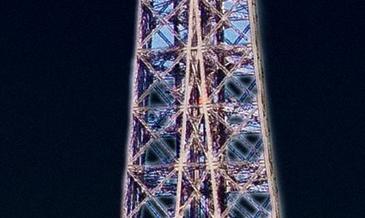
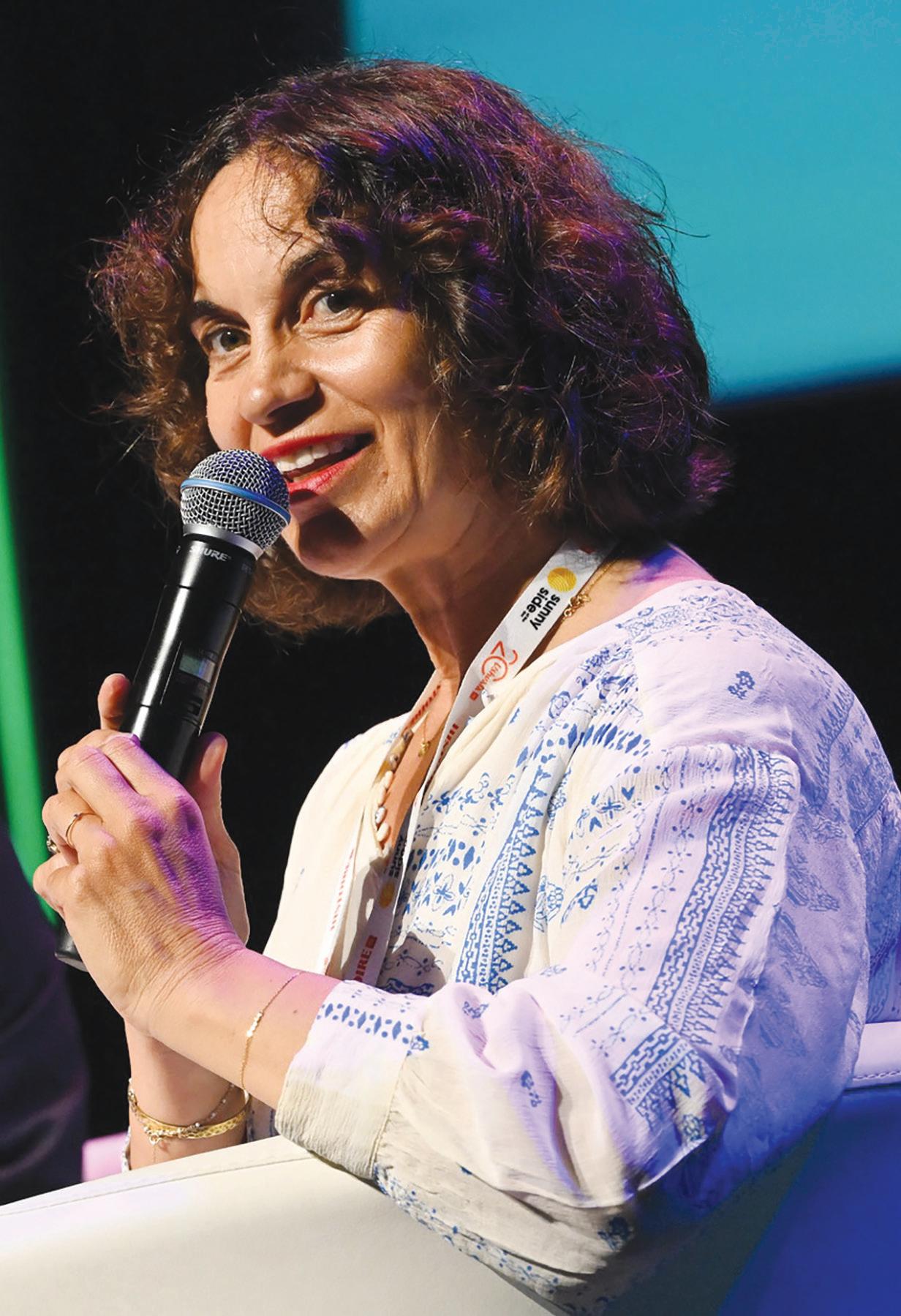
“ We all realise that international coproduction is not a choice or an option, but really the only condition of making these very big, ambitious projects happen.
Caroline Behar
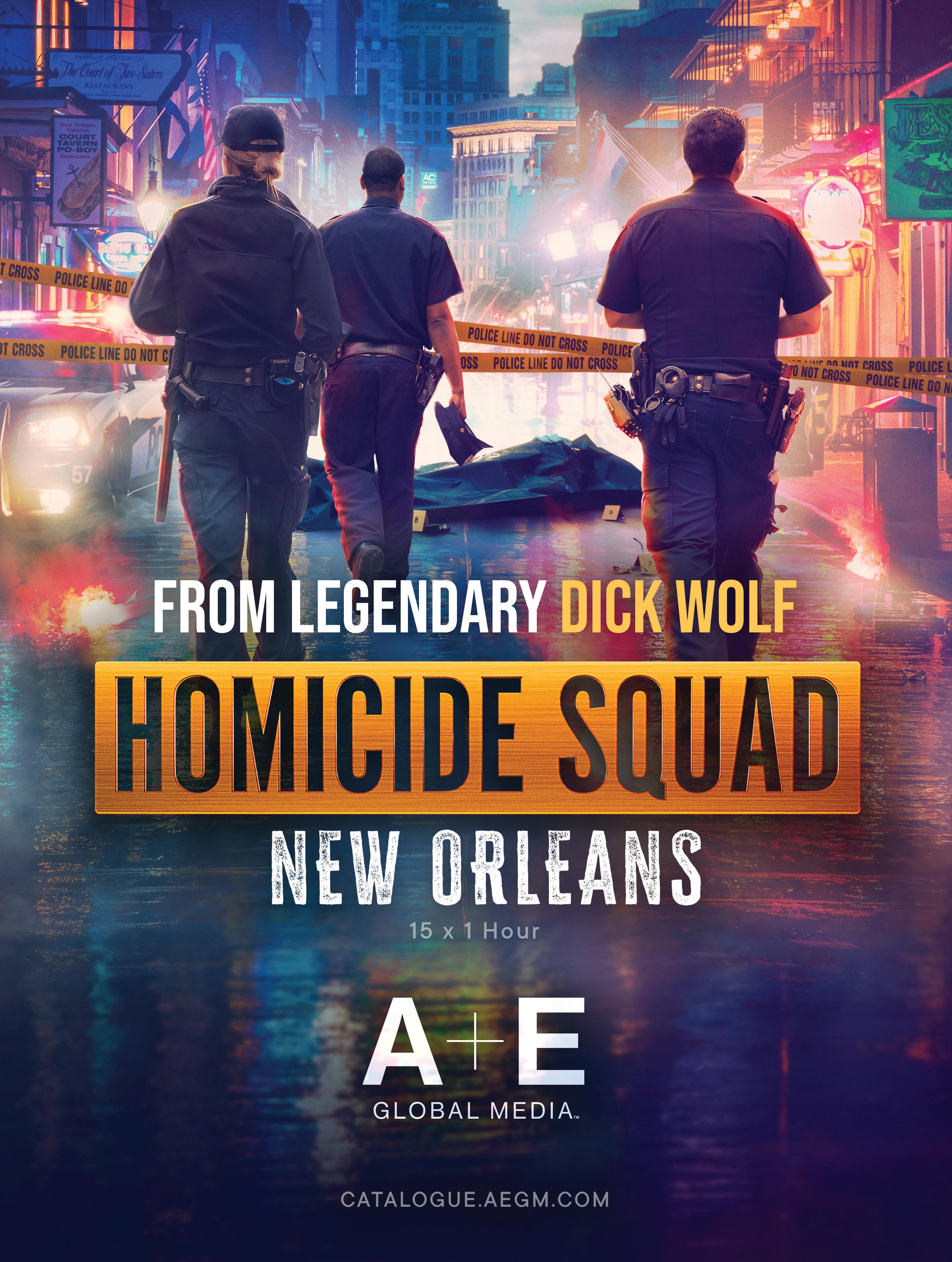

Insight TV’s content and channels chief Lisette Schlippe has shaken up the commissioning strategy at the specialist Millennial-leaning unscripted group, following last year’s closure of its in-house production division in favour of external co-commissions, coproductions and other partnerships.
Joining from Red Bull Media House in April last year as commissioning editor to build a slate of originals, Schlippe’s remit was quickly expanded to become global VP of free, ad-supported streaming TV (FAST) and content, overseeing the group’s bouquet of FAST channels alongside content strategy across commissioning, copros and acquisitions.
“We no longer produce in-house, we have partners in the market. We’ve got a bouquet of five thematic FAST channels around adventure, travel, science and technology, wildlife and adrenaline and action,” says Schlippe.
Ten-year-old Insight TV’s core business remains its subscription channels, family-friendly but younger skewing InUltra, available in 4K UHD, and InPlus in HD, plus thematic FAST channels aimed at a range of target audiences. They comprise adventure-driven InFast; InTrouble, focused on action and sports; science and technology-focused InWonder; nature and wildlife channel InWild; and travel- and culture-based InTravel
The group’s channels are currently available on 185 platforms in 61 countries and 12 languages, with FAST taking o on platforms like Samsung TV Plus.
One of Schlippe’s moves has been to focus the group’s activities within five, largely vertical content buckets: automotive and car makeovers in a broader sense; travel and food, which could be purely travel or could be combined with an element of food, e.g. street food, around cooking or tasting, and largely outdoors rather than studio-based cooking shows. Other genres are accessible science and technology, focused on how things work rather than blue-chip documentaries; adventure content leaning into Insight TV’s original DNA; and tough jobs across a broad range, from fishing to being a pilot in remote areas.
“We are, at our core, still a channels business, starting with our premium pay TV channels, and then the FAST channels, which now have very unique identities, so whenever I commission shows I try to make sure they fit one of those channels as well,” says Schlippe.
The group’s push into third-party content distribution over the past two years is also part of the equation, explains Schlippe, who works closely with Sam Thompson, Insight TV’s global VP of content distribution. “We’re actively looking for what works well in our channels, but that also mirror what we know works well for content distribution. I no longer just commission outright for the channels. We do try and get the distribution rights as well, because we try and earn our investment back across usage
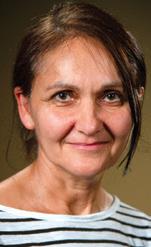
Insight TV’s content head Lisette Schlippe discusses the group’s revamped commissioning strategy, emphasising flexible partnerships in five key content verticals, along with the growing acquisition needs of its suite of FAST channels. By
Gün Akyuz
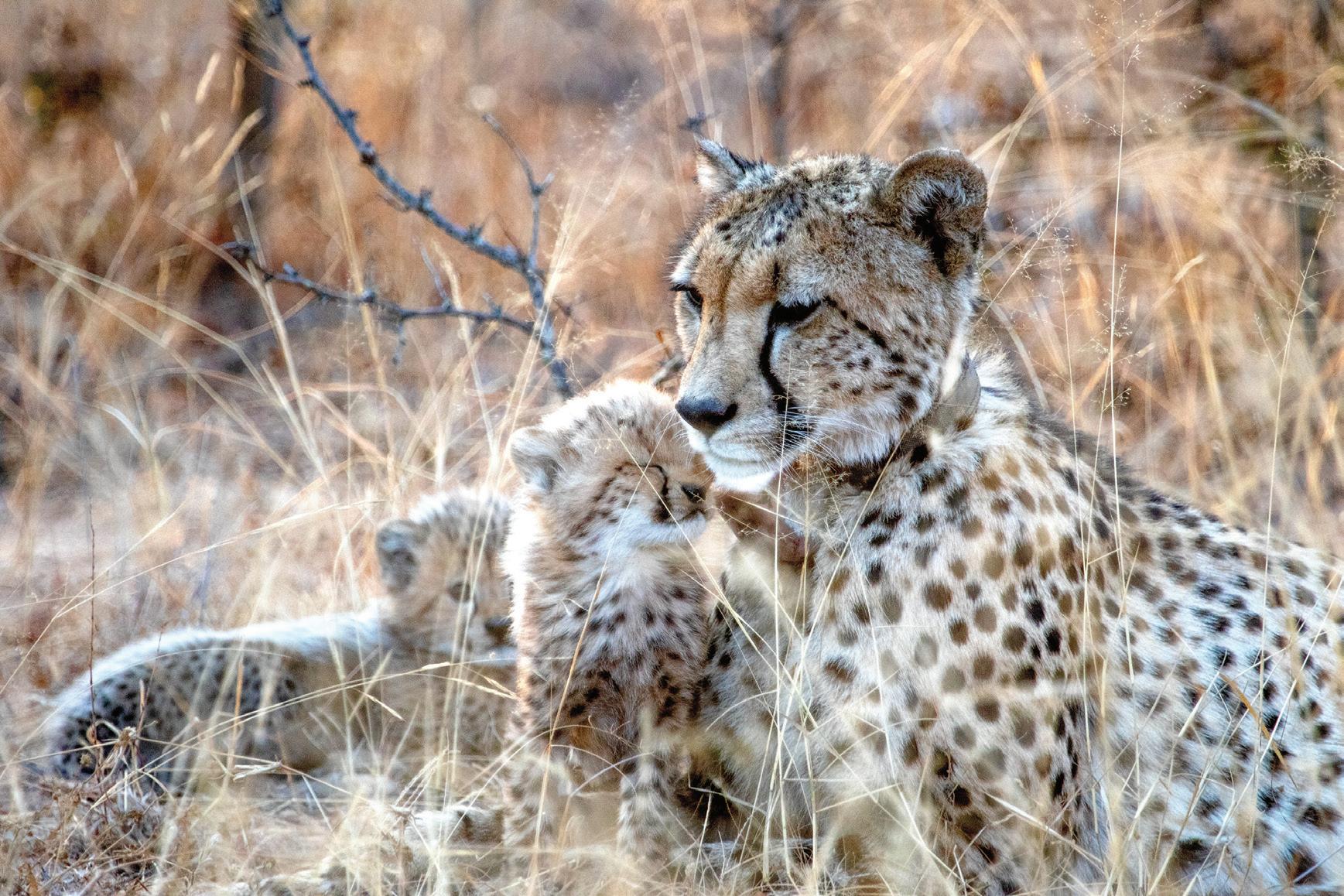

“We started as a ‘Millennial’ agency and the idea that the world is your playground to go out and explore and be curious about other cultures, have a sense of fun, don’t take yourself too seriously and be authentic in your experiences. All of that still matters for us.
Lisette
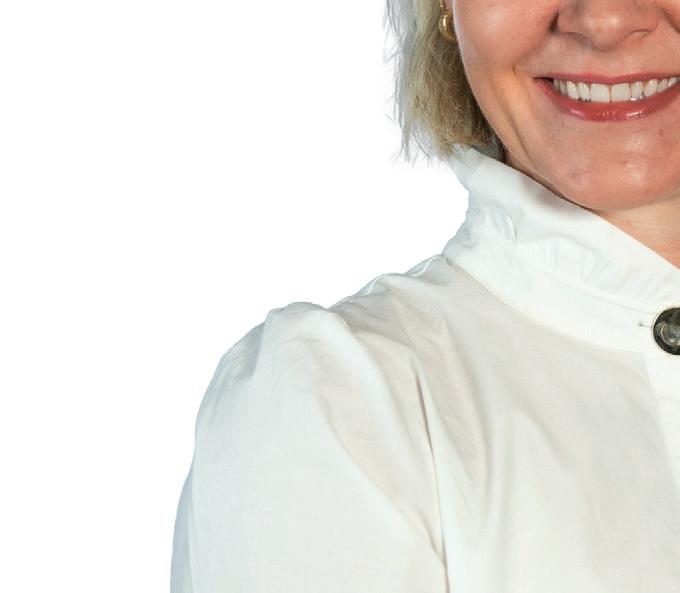

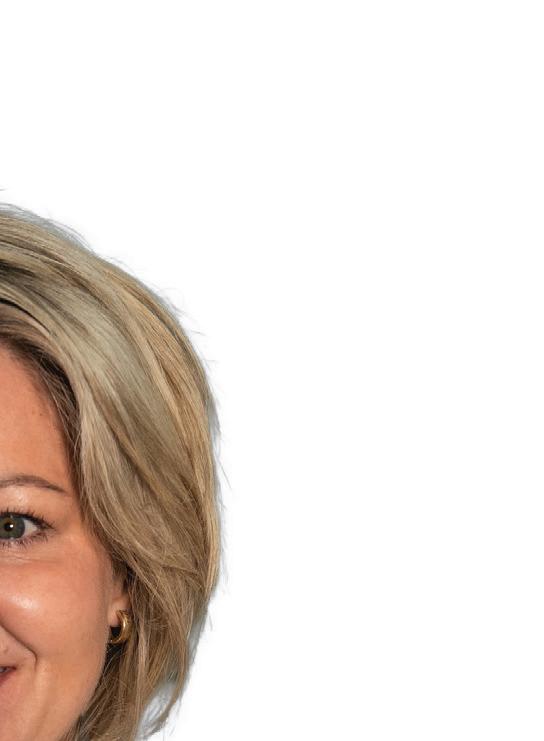
Schlippe
on channels and across international distribution.”
Schlippe’s dual roles are distinct but overlapping, having evolved “partly because the company has restructured. Like any company in the current climate, you can’t stand still, you have to constantly assess and try things out and re-evaluate. We’ve had quite a few personnel changes as well and we’ve got a fairly new team in place, and my role has evolved alongside that,” says the exec.

Those changes also include the acquisition this summer of O


The Fence (OTF)’s content distribution assets, and the creation in September of World Storytelling Media Group to house both Insight and OTF. Consequently, Schlippe says OTF remains an independent sister company, rather than being part of Insight TV.
Insight TV’s focus remains English-language content and its biggest market by far is the US, followed by other English-speaking markets, like Canada, Australia and the UK, says Schlippe. However, the group is looking into launching more local channels for local markets in Europe and the Americas, assisted by improvements in AI-assisted language feeds. Developments in that space are due to be announced by the end of this


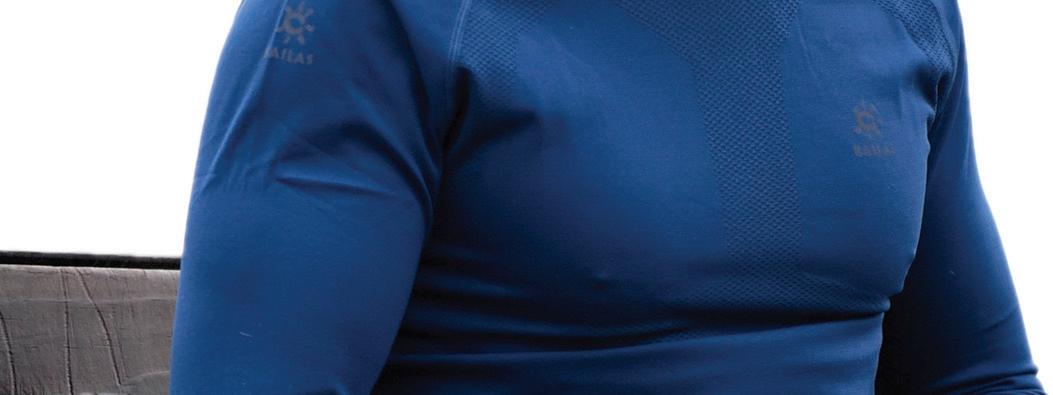

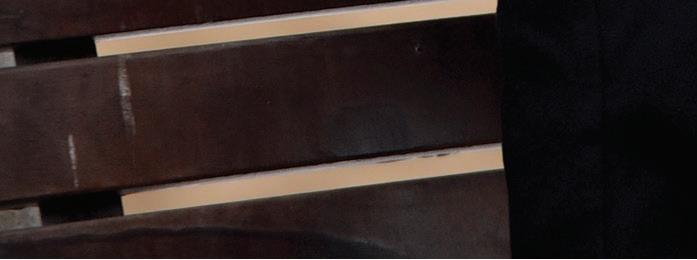

be feel-good, we can absolutely go to dark places, but we don’t search for them. It is not the reason we tell stories,” she explains.
“We started as a ‘Millennial’ agency and the idea that the world is your playground to go out and explore and be curious about other cultures, have a sense of fun, don’t take yourself too seriously and be authentic in your experiences. All of that still matters for us.”
Another new original is the 100% commissioned travel adventure show The Sidecar Guys: Africa Rally (4x60’), from UK prodco Adventure Alliance. The series features Sidecar Guys duo Matt and Reece, who participate in the three-week long 4,500km Africa Rally, competing in their motorbike and sidecar across sub-Saharan Africa as one of 30 eccentric modes of transport.
The latest co-commission to be unveiled is factual adventure series Ash Dykes’ Yellow River Adventure (3x60’), a co-commission with China’s CICC and CMG. Produced by UK prodco One Tribe TV, the series follows the Welsh extreme athlete and adventurer on a 3,400-mile expedition along the Yellow River in China. It was brought to Insight TV by One Tribe TV’s MD Dale Templar, who was already in conversation with CICC and CMG in China, so the deal came together quite quickly, says Schlippe. There will be two versions, one international and another for

Insight TV’s decision to fully commission the show was all about timing, says Schlippe. “The Africa Rally happens at a set time, my sales colleagues were in the market and there had been quite a bit of interest, so we decided we could take a risk and commission it outright. We didn’t want to lose the opportunity on this crazy, eccentric race that fitted the talent, so it felt like the stars aligned.”
The series, which launches at Mipcom, has been lined up for Insight TV’s subscription InUltra channel from early 2026. However, the series could be made available to third parties on a country-by-country basis before landing on Insight TV’s own channels, says Schlippe. “We’re really, really flexible and can absolutely work with partners in the market and take a window further down the line.”
“What I loved about it is Ash Dykes is a fantastic talent and, for me, the quintessential adventurer for 2025. He’s really warm and really curious about the world, and has an ability to connect with people on a personal level, whilst also being a brilliant adventurer and Guinness World Record holder,” says Schlippe, noting also Dykes’ personal connection with China and
“What’s really important for us is a sense of fun, authenticity and curiosity. We don’t do scandal and we don’t do drama. It doesn’t have to
However, year. the Chinese market. me, adventurer for curious noting ability to speak Mandarin. for authenticity and curiosity. We don’t do scandal and we don’t do drama. It doesn’t have to
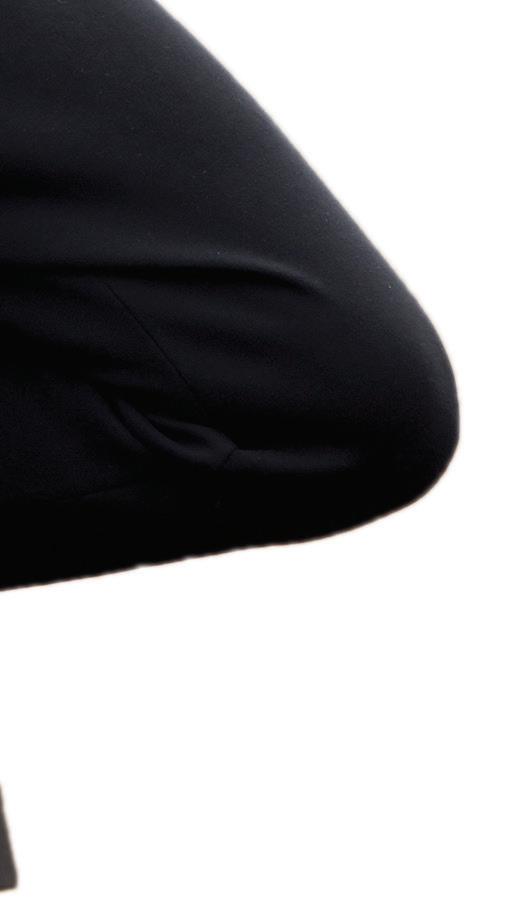
Depending on how the show lands, as talent The Sidecar Guys are also being eyed for further projects, with the potential for other partners to join as coproducers from the outset, says Schlippe.
Her aim is to have one or two returning series in each of the five genre buckets in a year’s time. “But, as all strategies, we are in a fast-moving business so nothing is set in stone,” she observes.
Insight TV’s commissions are all case-by-case, with 95% as external partnerships. Budgets sit in the low-to-mid range, with Insight TV boarding as a coproducer, prebuy partner or third-party distributor and very occasionally as full commissioner.
There’s no one-size-fits-all model, says Schlippe. “We look at every project individually, what the partner needs and what we can contribute because it only makes sense for us to get involved if we feel we can add value.
“This is also where I lean on the sales team to see what the interest is in the market and for their existing relationships, so we do try and make sure that it works for both sides of the business,” she says.
Being flexible allows Insight TV to be opportunistic. “If there’s an opportunity outside of those [five] genres that makes sense for us, we will look at it as well,” says Schlippe, citing Bucket: The Lion Cub (1×45), brought to Insight TV by South African prodco Painted Dog TV.
The film follows a two-week-old lion cub leaving her den to join a group of male lions, which would normally result in death, and attempts by conservationists to reunite her with her mother, involving a bucket.
“It’s not something we’ve historically been known for or done but it made sense because we have our wildlife FAST channel, the sales team gave good feedback and it worked for our channels, so opportunistically, we went for it,” she says.
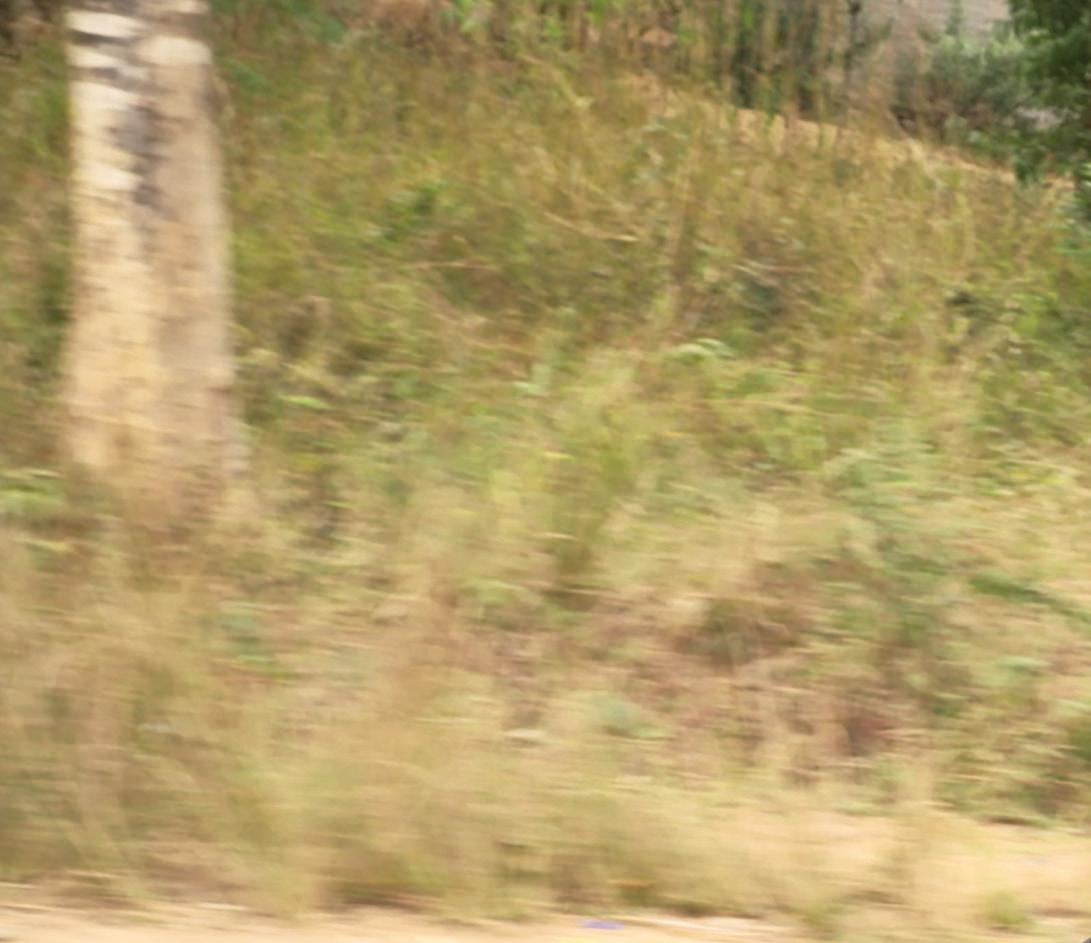
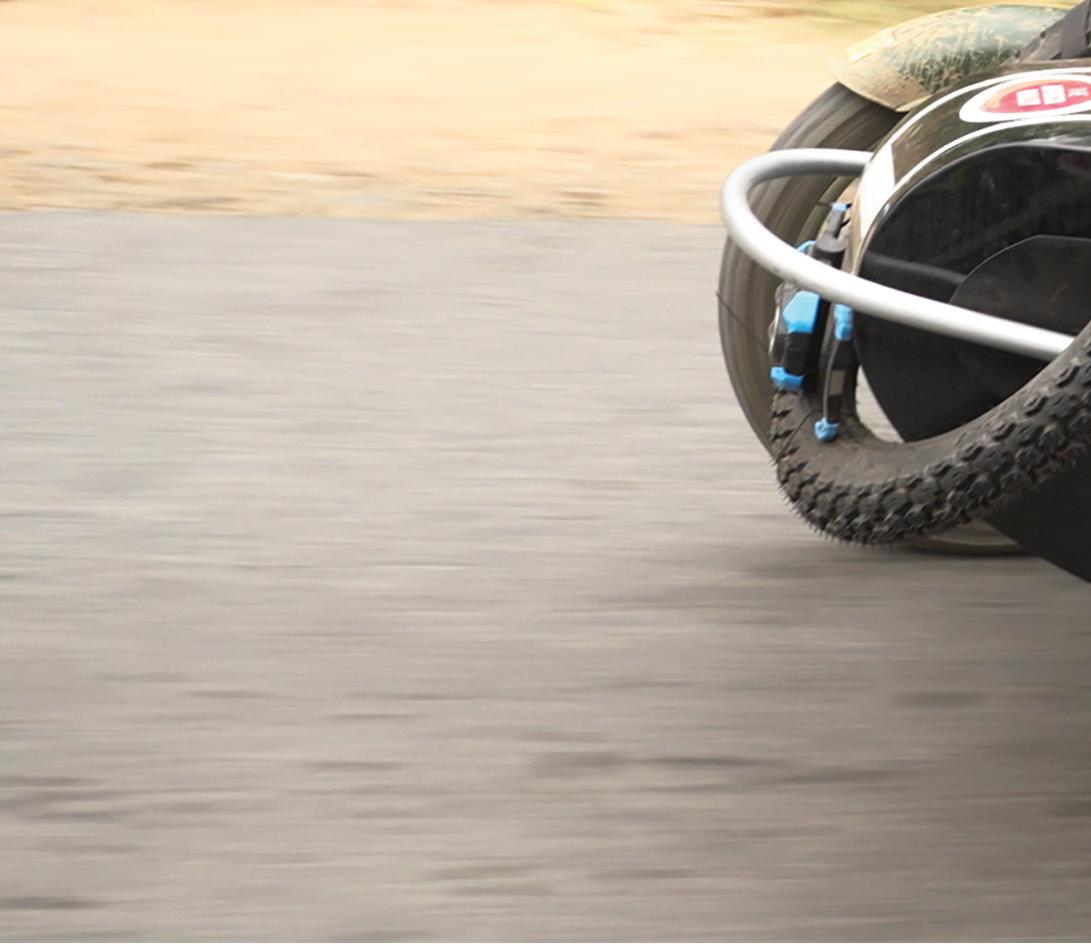


A second film from Painted Dog TV is conservationist story The Race to Return (1×52’), which charts the e orts by conservationists to reintroduce two cheetahs to Zambia’s Bangweulu Swamps for the first time in over a century.
Emphasising flexibility, Schlippe says Insight TV doesn’t need to be the editorial lead. “It’s case by case, but if we trust producers, yes we do look at cuts, but we don’t have to have final say on absolutely everything. We want to be a good partner and easy to work with, and [if] we’re a minority partner, we try to behave that way,” she says.
One area of need is science and technology and how things work, where Insight TV has previously drawn a blank. “We actually haven’t received anything that has worked for us,” says Schlippe.
Another is content with broad appeal. “We’re not a major player in any market to justify doing hyper-local productions. One of the challenges is to balance having great characters and strong editorials and good stories, but they do have to work around the world.”
Episodic storytelling is also important to Insight TV’s core linear business. “We can’t deal with long, serialised story arcs. We prefer closed-ended, one-o episodes. It’s also worth mentioning that we don’t look for extreme sport or related content we have done a lot of in the past. The data shows it is not something that has worked for us


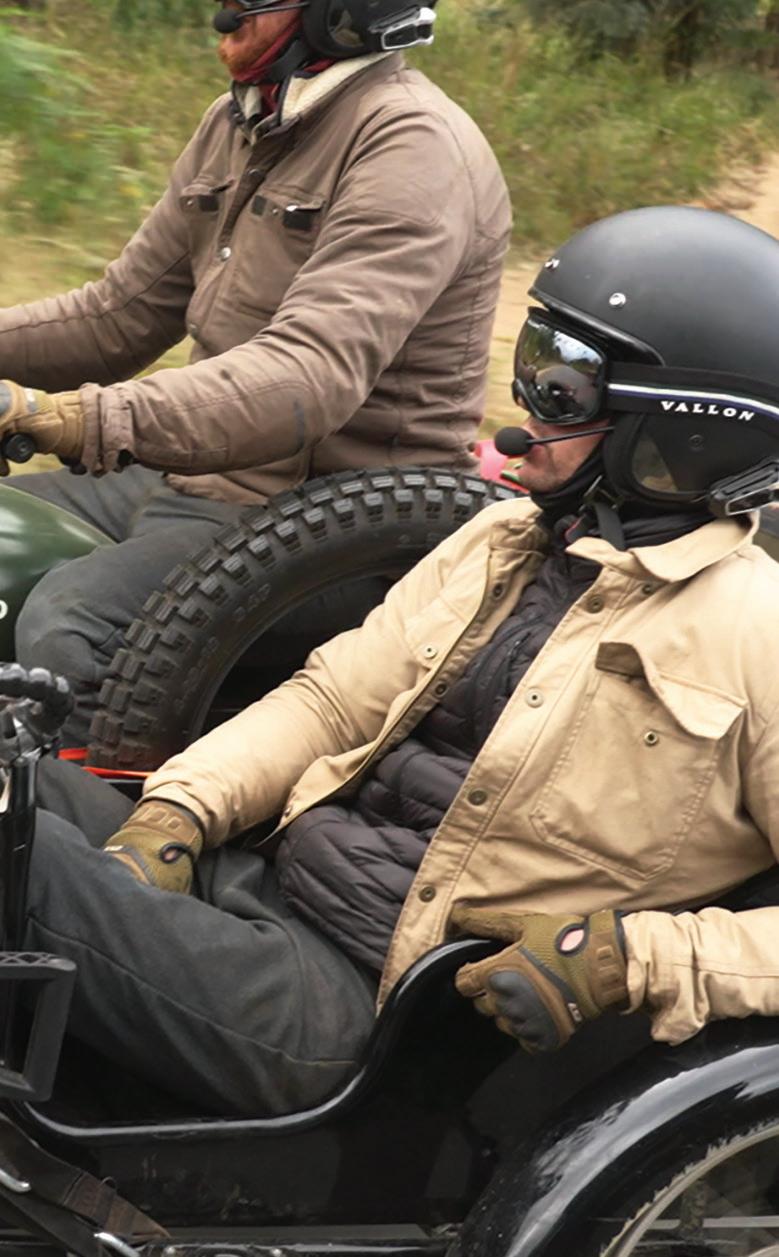
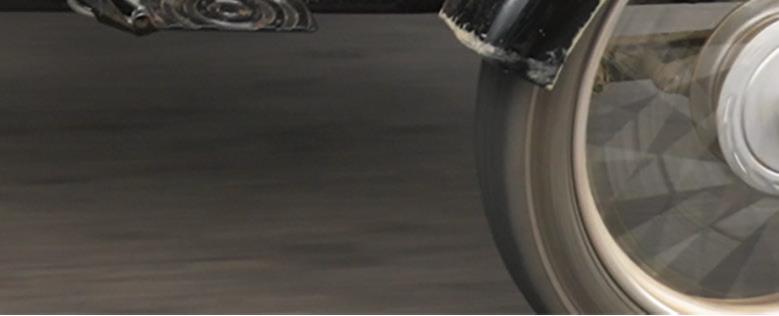
outside of our own channels, so we’re not looking for that right now.”
Moreover, Insight TV prefers genrespecific projects to hybrids. The data shows that programmes mixing too many genres – say, sports with food –present the risk of being “neither here nor there,” says Schlippe. Programmes also excluded from Insight TV’s commissioning shopping list include competition formats. “We are a global linear network and it’s very di cult for us to find a competition or format with competitors that appeals around the world,” says Schlippe.
Insight TV usually seeks global distribution rights, says Schlippe, explaining: “We cover all major television markets around the world, so we swallow up a lot of rights. But being aware of that, we try to make deals work for all the partners, and we try to be as flexible as we possibly can.”
Schlippe is also “massively ramping up” straight acquisitions for Insight TV’s FAST channels, with around 1,000 hours acquired this year from a range of international distributors worldwide. “We’re buying a lot more than we ever have before, and I fully expect that to continue, as the FAST market is maturing and we are looking for well-established TV brands, whether that’s names or franchises,” she says.
“I would love to get my hands on a long-running factual franchise – something in the vein of MythBusters for science or Deadliest Catch for tough jobs – a format that has the potential to build a loyal audience over many seasons,” she notes.
The best pitching route is via email, “ideally a deck or one page, and I like to see videos, a sizzle or something that explains an idea. I’m quite happy to look at emails, jump on calls, meet at markets. We like content that comes to us with partial financing in place, and we can look at brand funding as well, if it makes editorial sense. And tax credits are always helpful,” says Schlippe.
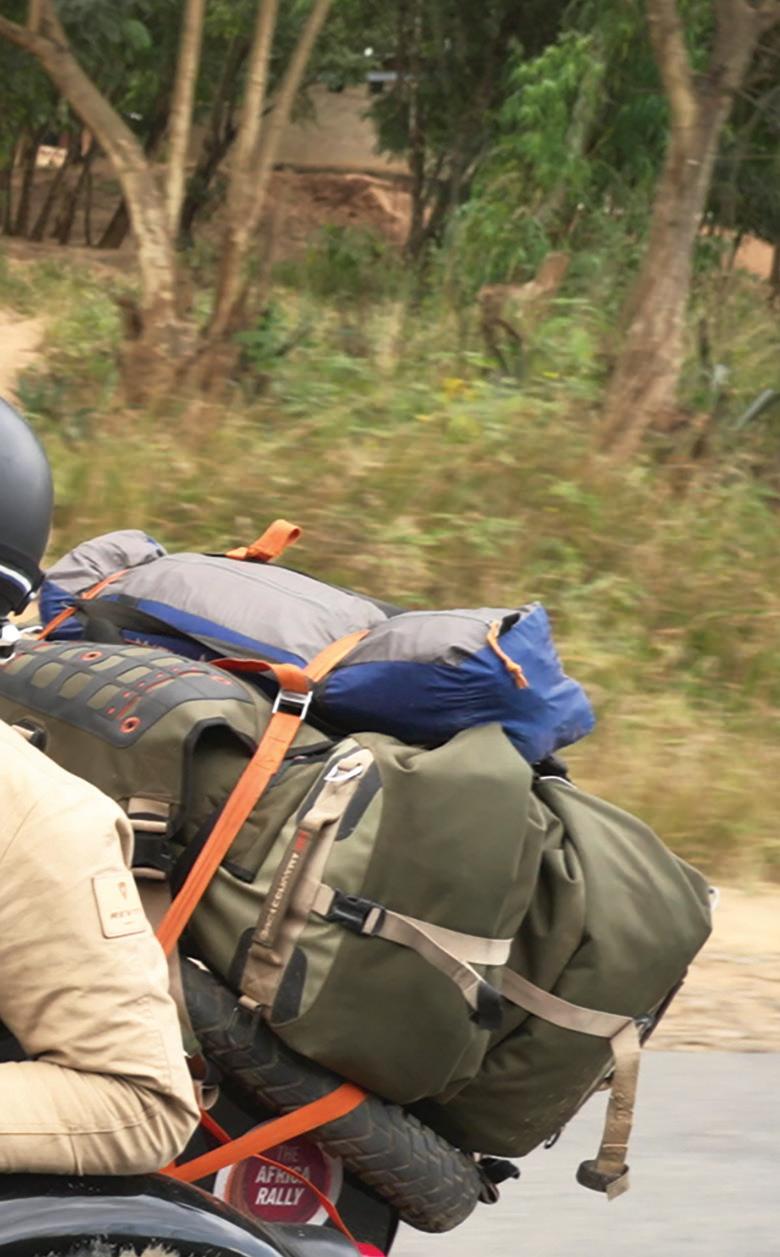
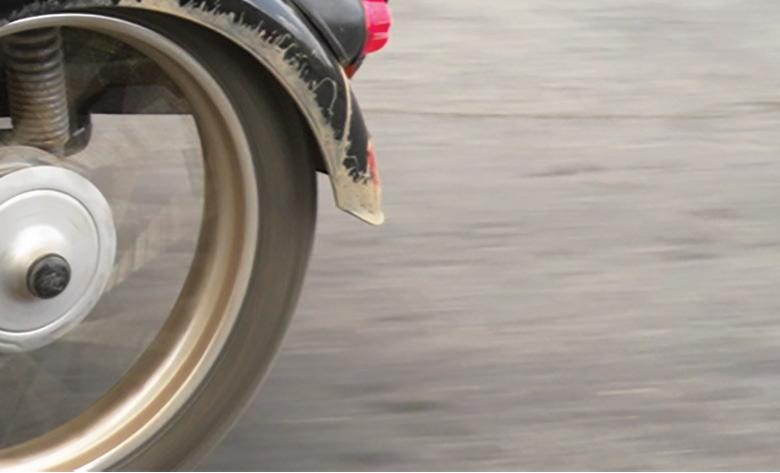
“What’s really important for us is a sense of fun, authenticity and curiosity. We don’t do scandal and we don’t do drama. It doesn’t have to be feel-good, we can absolutely go to dark places, but we don’t search for them. It is not the reason we tell stories.
Lisette Schlippe
Duration: 1 x 60’
Producer: Pioneer Productions


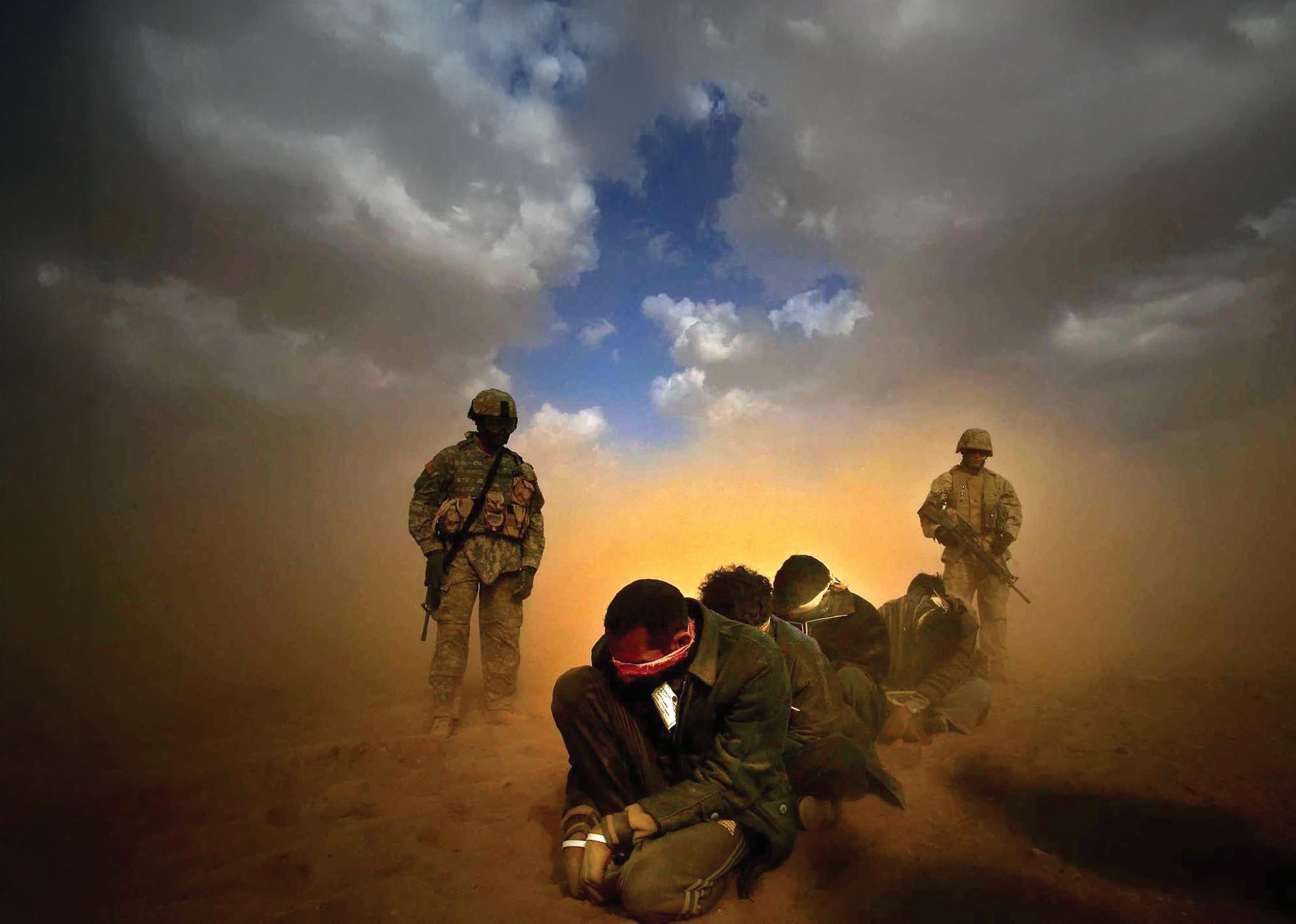
Danish documentary veteran Mette
Ho mann Meyer on how independent filmmakers can get their projects funded and/or distributed by the group she leads, The Why Foundation.
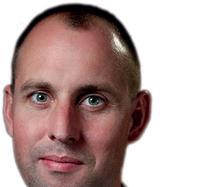



By Clive Whittingham
With escalating conflict in the Middle East and Europe, a second term of Donald Trump in full chaotic swing and misinformation booming across media controlled by billionaires, it feels like there’s never been a more important time for independent journalism, documentary funding and public service broadcasting. And yet never have these faced more challenges and attacks or been less well funded.
In many ways, The Why Foundation was ahead of its time, having been founded back in 2004 by Mette Hoffmann Meyer, the former head of documentaries at Danish national broadcaster DR, and Nick Fraser, founder of the BBC’s documentary strand Storyville – both revered commissioners on the international docs circuit. It was set up to fund, produce and distribute documentaries and multimedia content about human rights, democracy, justice and equality.
“In my 30 years as a commissioning editor I’ve always found documentaries extremely important because they dig a bit deeper than an article in a newspaper, news on TV or podcasts,” says Meyer. “To understand the world we live in and to be able to navigate it, it’s important to have factbased stories, stories that have been checked. It’s more important than ever, but it’s always been important.
“I do have an advantage because I still know so many of the commissioning editors and they probably feel they have to take my call because I’ve been a colleague with so many of them for so many years. But the funding of public service broadcasting is being cut in so many places, and I really don’t know how
independent filmmakers are surviving.
Getting through the formalities and bureaucracies it’s sometimes taking a year-and-a-half just to draw up a contract. In the meantime, people are filming and accruing costs. And then the money is smaller anyway.
Without [Franco-German public broadcaster] Arte there would barely be a documentary industry in Europe right now.”
The Why Foundation has built its strategy around miniseries of single films grouped together with a common theme, starting with its first tranche of 10 docs under the banner Why Democracy?, which launched in 2007 when the organisation was called Steps International. In all, the films were broadcast in 181 countries via 48 public broadcasters and Alex Gibney’s contribution, Taxi To The Dark Side, won the Oscar for best documentary that year.
Plastic? have all brought together films on key issues to distribute among public broadcasters, show in schools and spark change in international politics.
A collection of five films is due for release this year under the Why Freedom? banner. The first three have already been announced and include Speechless, an examination of the culture
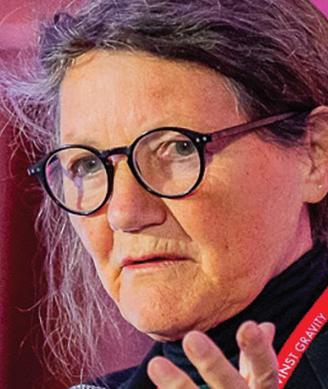
“The funding of public service broadcasting is being cut in so many places, and I really don’t know how independent filmmakers are surviving. Getting through the formalities and bureaucracies it’s sometimes taking a year-and-ahalf just to draw up a contract.
Mette Ho mann Meyer
A collection of Why Poverty? films followed in 2012 before the group’s name changed to The Why Foundation and it switched to non-profit status in 2014. Since then, Why Women?, Why Slavery? and, more recently, Why
wars surrounding free speech and expression at American universities by Canadian filmmaker Ric Esther Bienstock, and Ukraine war doc Shards of Light, which premiered at Sheffield DocFest in June.
“We produce in collaboration with European broadcasters to fund

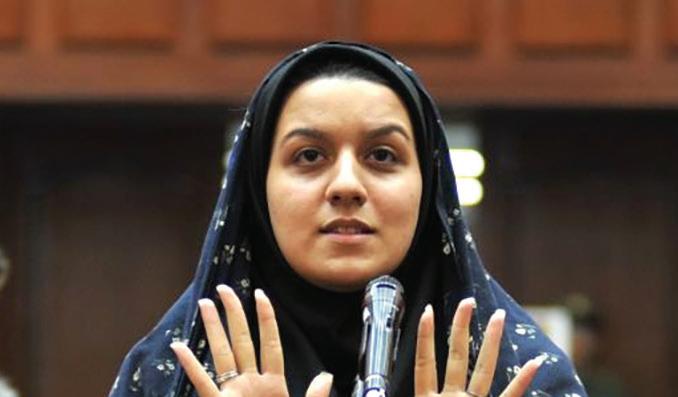

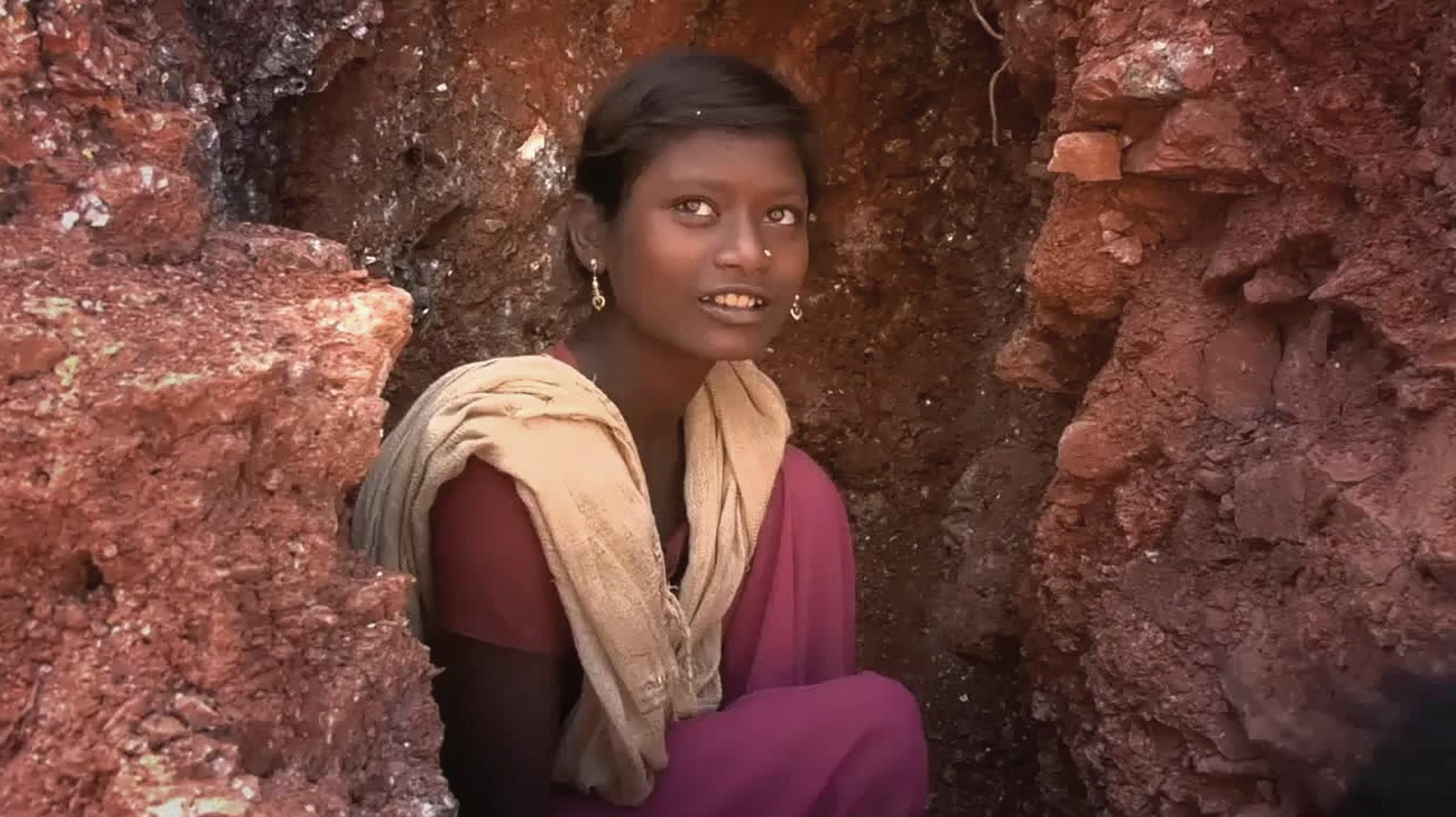
the films – a patchwork of funding –and then we donate the film in locallanguage versions and try to distribute them around the rest of the world,” explains Meyer. “We’re working with around 60 TV stations around the globe, in Africa and Asia, and a big number of NGOs who use our films in schools and universities to create debate and boost understanding. We work very locally and then scale globally.
“The funding for docs comes mainly from broadcasters and film institutes, so we can maintain the integrity of the filmmaking. The rest, our distribution to NGOs, our YouTube channel, a small staff of seven or eight people, are funded by foundations – primarily Danish foundations. I work for free and there’s a lot of volunteer work.”
Meyer, who earlier this year became the first Dane to receive The Silver Circle Award, an honorary Emmy, for her services to documentary, says she sees benefits in the process above and beyond the extensive contact books of its founders.
“The challenge is to distribute films and I have always felt that needs to be
about the theme of the next doc collection, but Hoffman Meyer says the foundation is also working in other ways: acquiring and investing in single docs in their own right.
“We are buying completed films in addition to our themed seasons. Right now, we don’t know what our next theme will be. We’re talking to our collaborators about what it might be and if there is an interest in more serial, themed stuff, because broadcasters do find it challenging to take three or four individual films even if they have a common theme. Broadcasters don’t always want to market that, so we need to adjust to what the needs of our funders and partners are.”
So how can indie filmmakers get a piece of this philanthropic pie, or bring on board the expertise of 30 years in the business to boost distribution efforts?
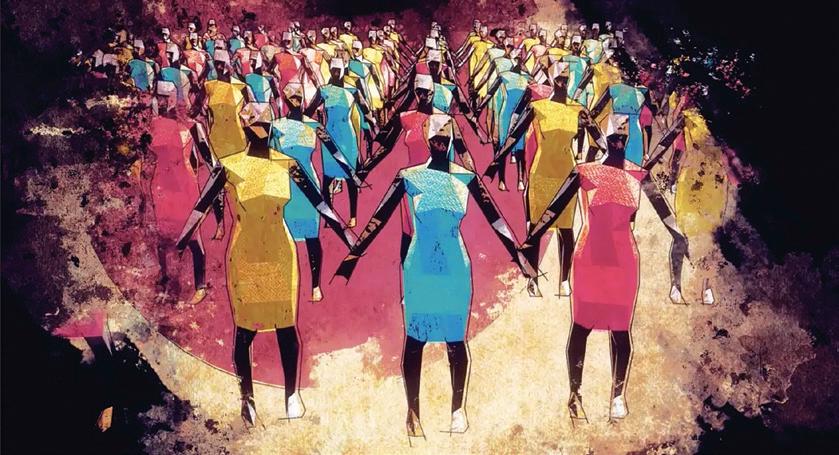

more systemic. Over the years there have been so many films where the filmmaker has felt the issue is really important, got funding to go out with one platform and spent a lot of money building a website for one film. But what are the chances of people finding that one film? They are miniscule. I believe in systemic distribution. We work with organisations on a local scale to get the films out and aim to do eight to 10 films every year.”
The foundation has received money to start making and dubbing films in Russian and Arabic languages and has ventured into the world of TikTok to reach younger audiences with shortform content. It already has more than eight million viral views under its belt.
Why is now talking with collaborators
“There are many ways,” says Meyer. “When we settle on a theme we do a big call-out through festivals and we write to filmmakers we’ve worked with saying we’re looking for stories on this topic. If it’s not part of a themed season then we do acquire films on human rights and on global issues, around five a year.
“We screen a lot of films. People submit them and send us links, and that’s basically the way we work. We also appear on juries at film festivals looking for projects. That’s how we bought Seven Winters in Tehran by Steffi Niederzoll for school and education distribution.
“We like films people hardly know, [that are] really strong but the filmmakers have struggled to get distribution. Over the years we’ve had some real gems.”
Filmmakers have also donated their films for free once they’ve been fully exploited to help the foundation’s cause.
“Our purpose is to reach as many people as possible with strong, factbased documentaries that can create knowledge around human rights,” adds Meyer. “Having 100 million people watch a film about death sentences in Iran? I think we have impact and people change their views after watching our films.”
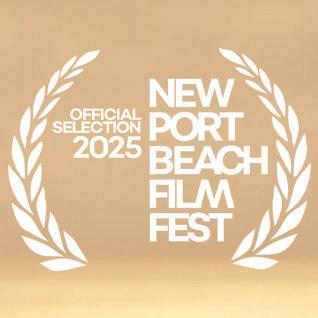
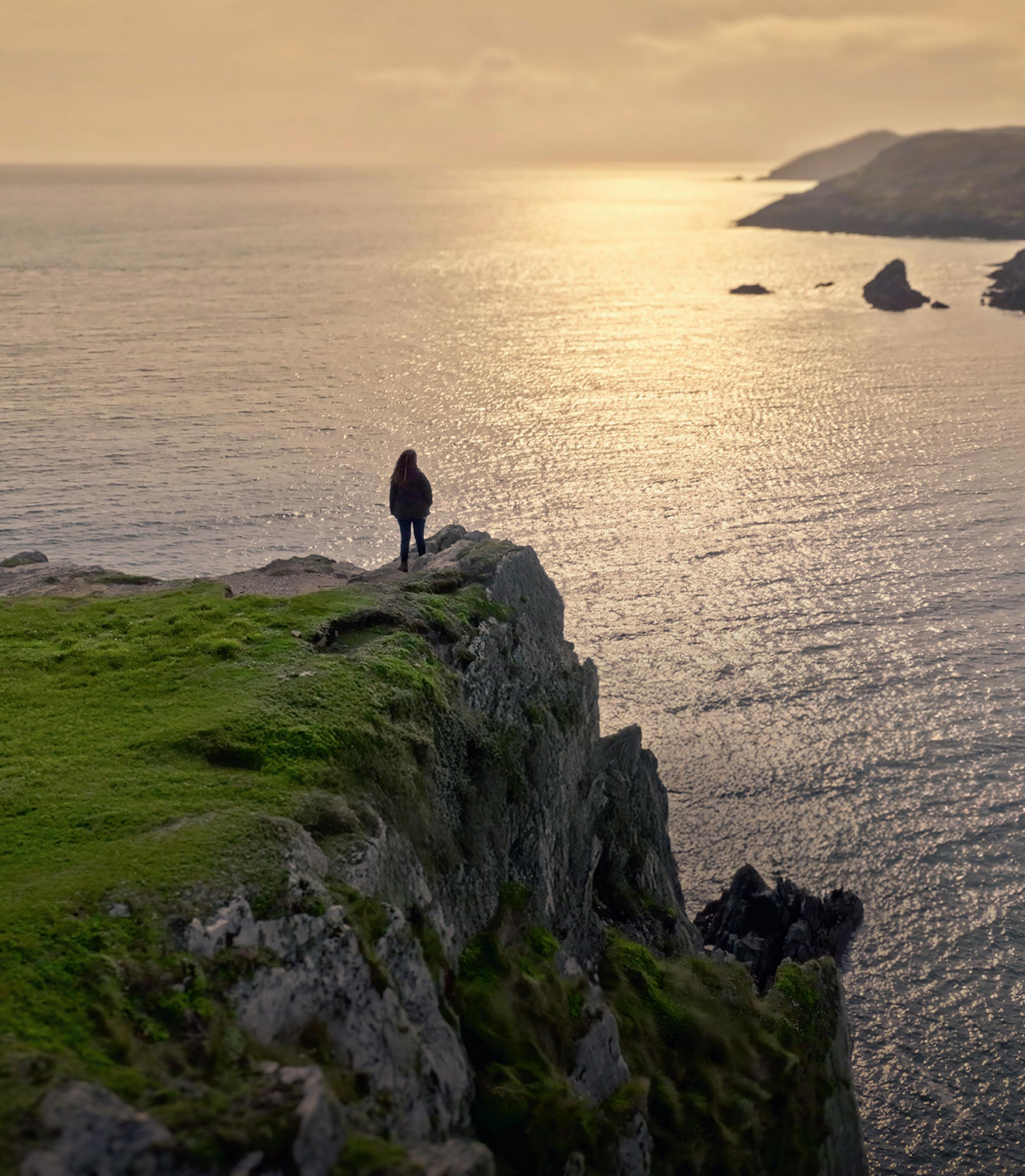

4 x 60’ / 1 x 100’
Narrated by Colin Farrell
AWARD WINNING DOCUMENTARY EXPLORING THE RICH HISTORY AND GLOBAL IMPACT OF THE IRISH PEOPLE FROM ANCIENT TIMES TO THE PRESENT DAY.


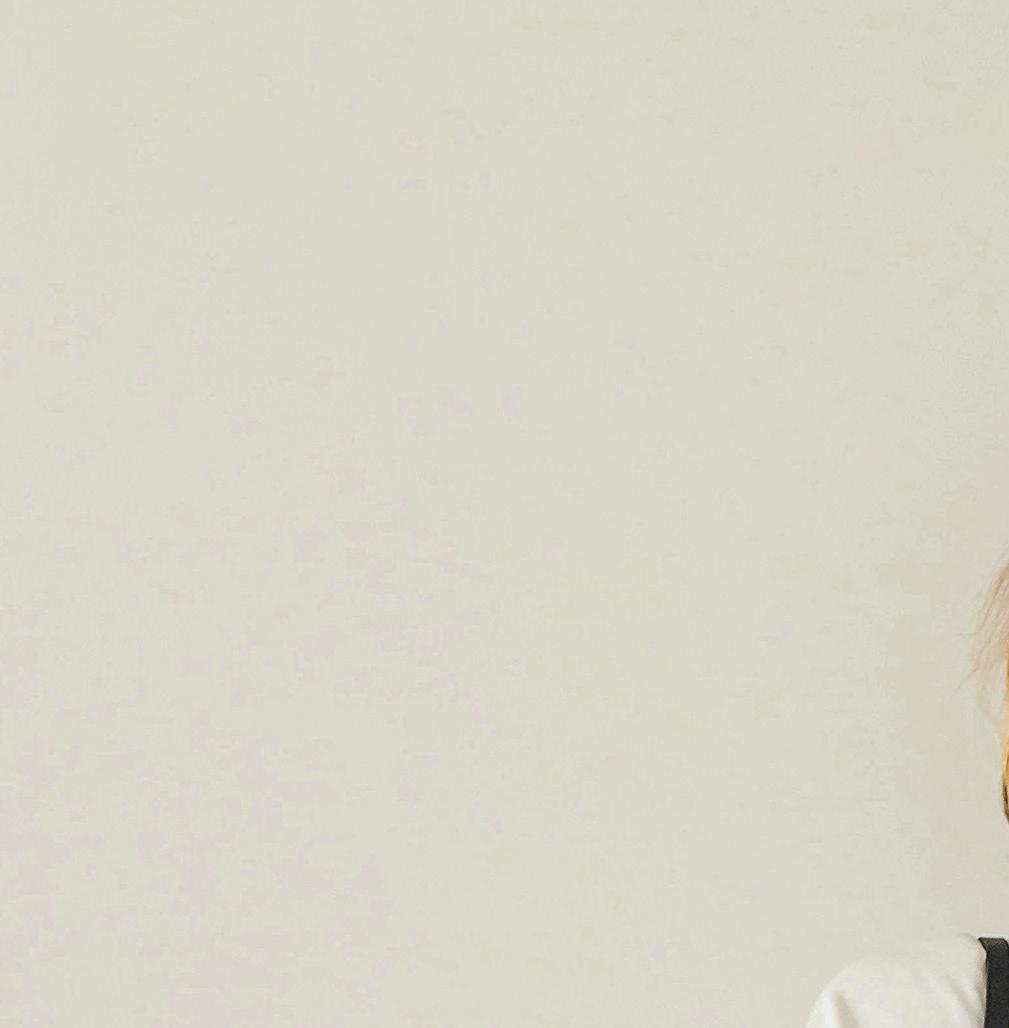
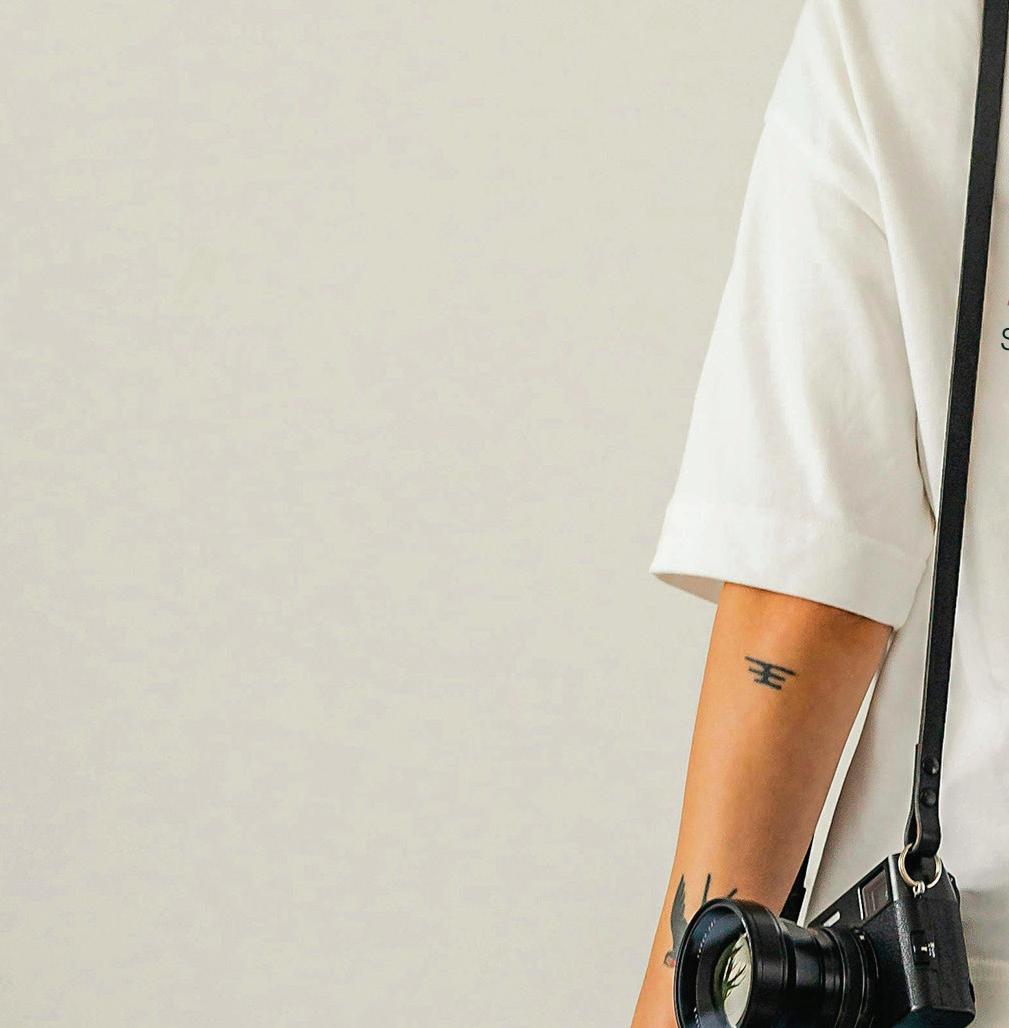

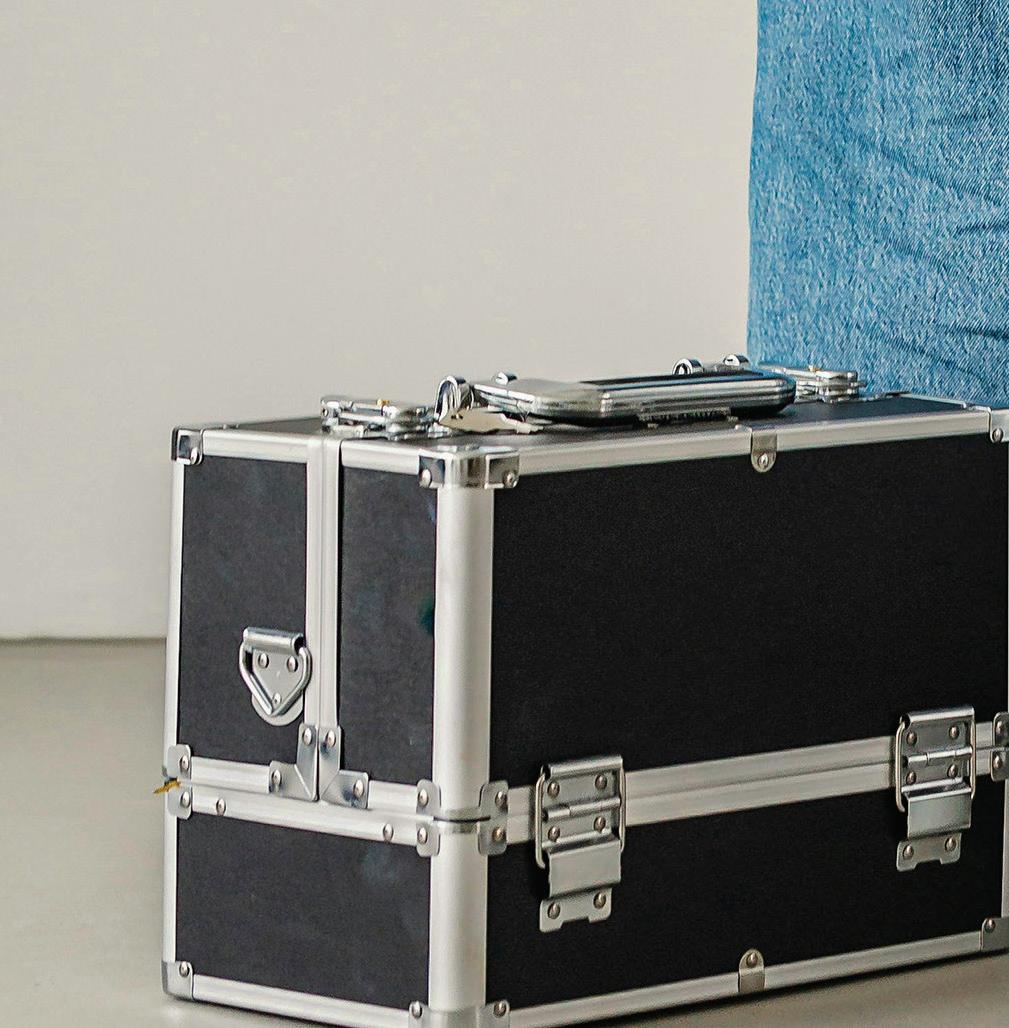




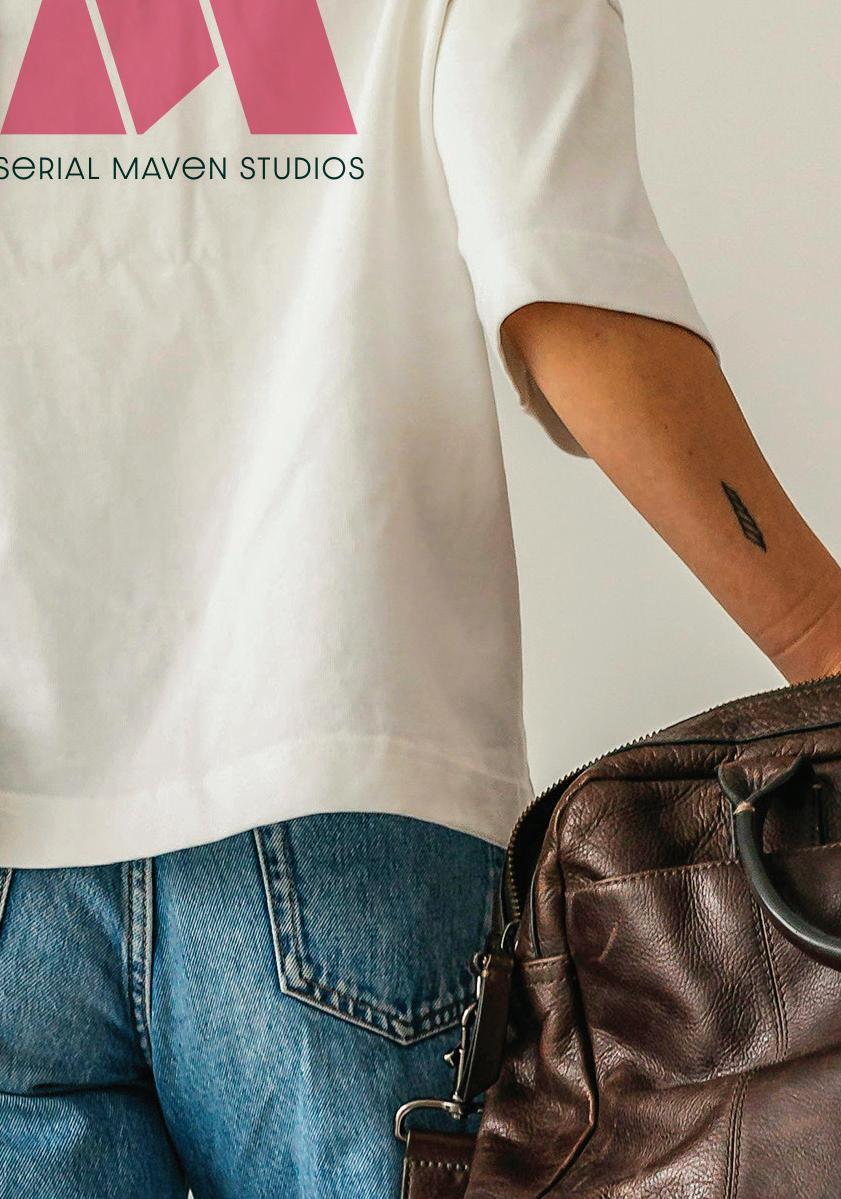
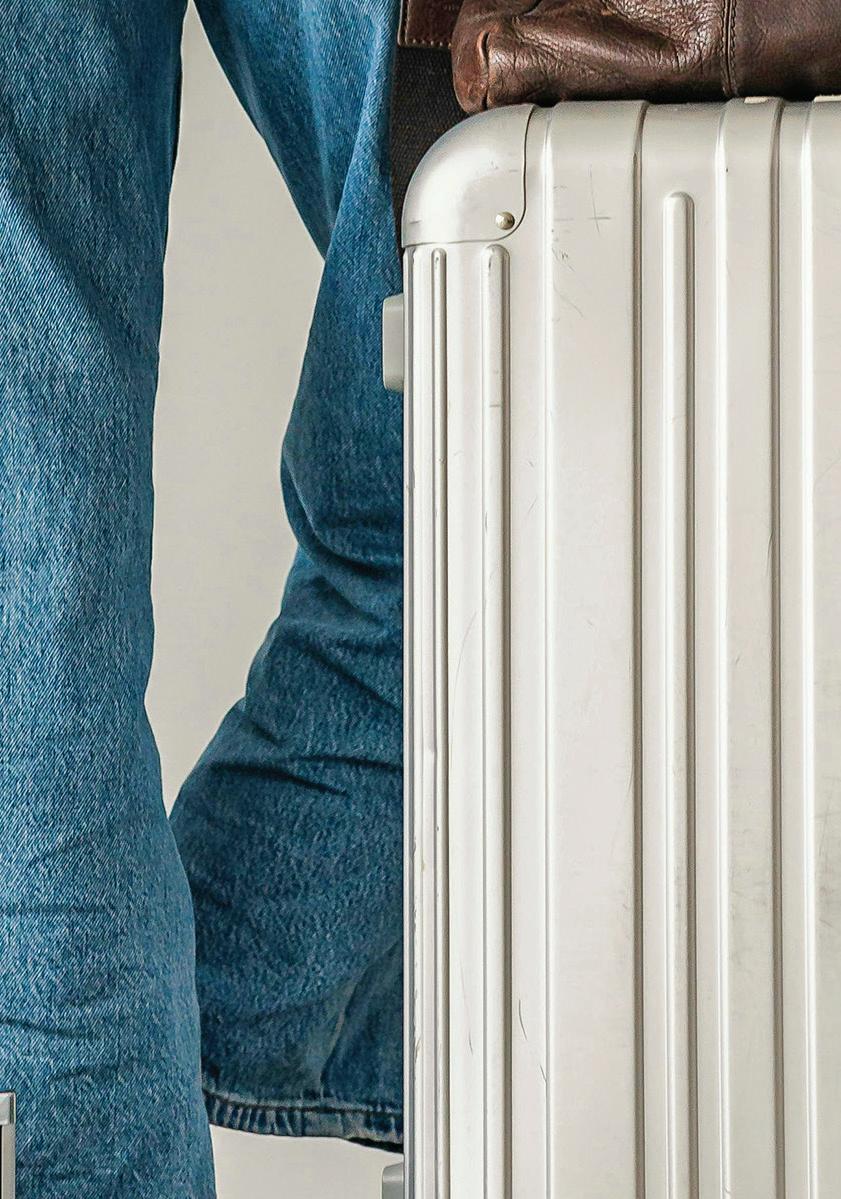




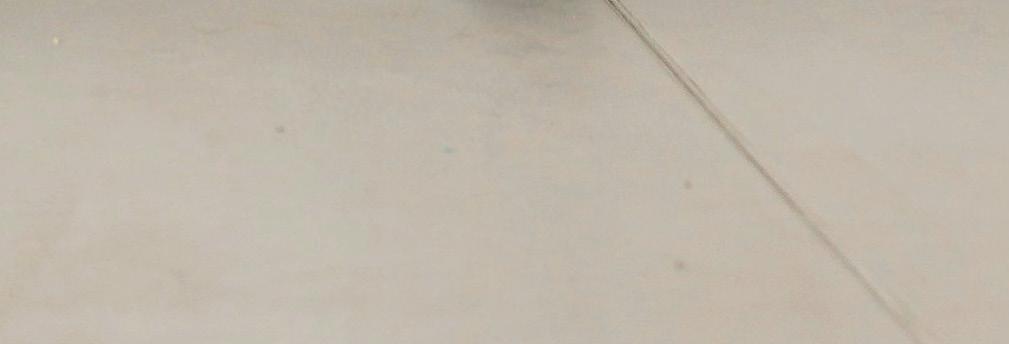


Jack Bootle, Alistair Pegg and Claire Sillery reveal all you need to know about the BBC’s specialist factual, arts and documentary needs, from ‘anti-algorithm’ commissioning to international coproductions.


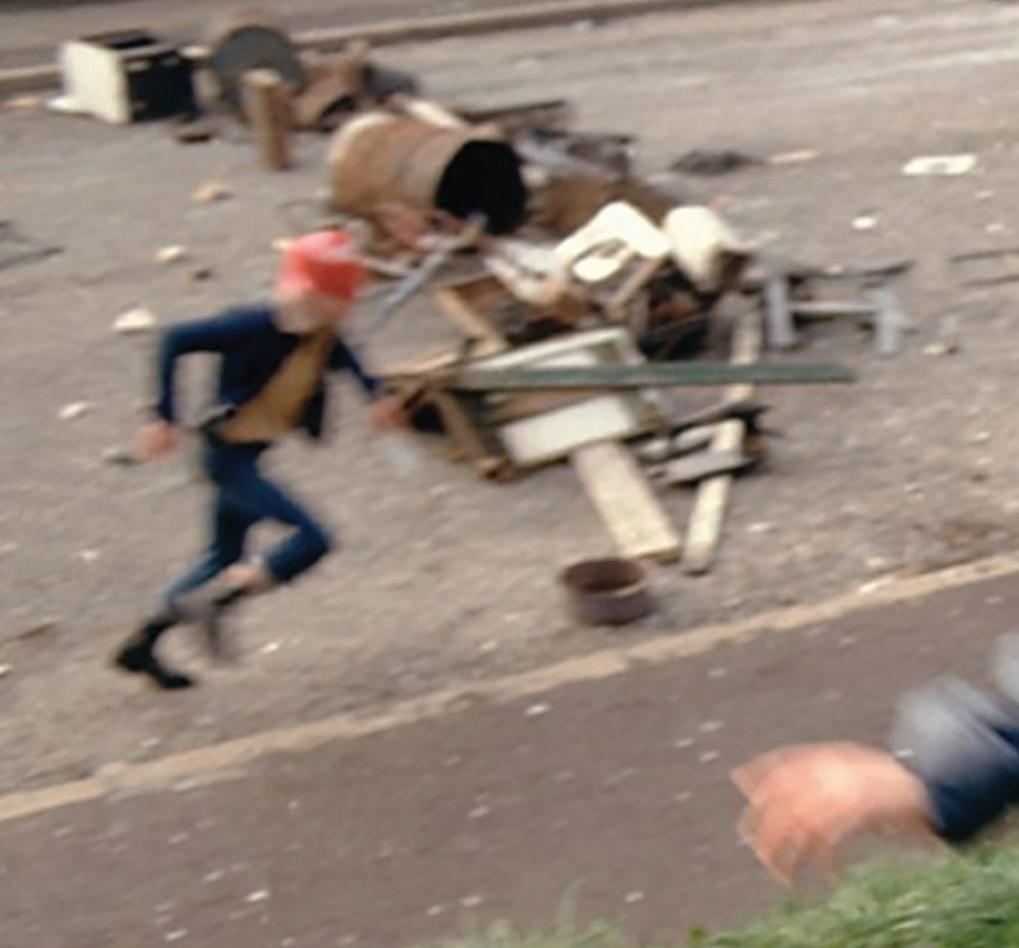





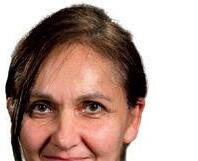


By Gün Akyuz
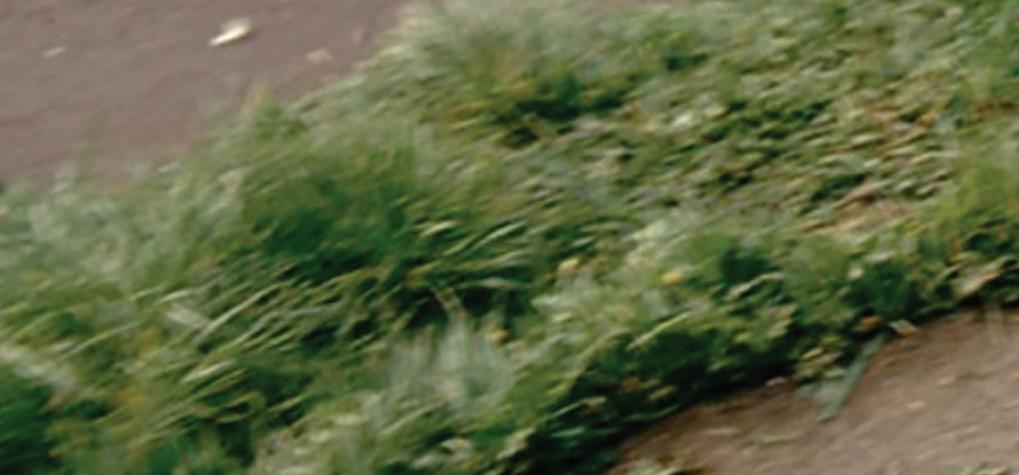
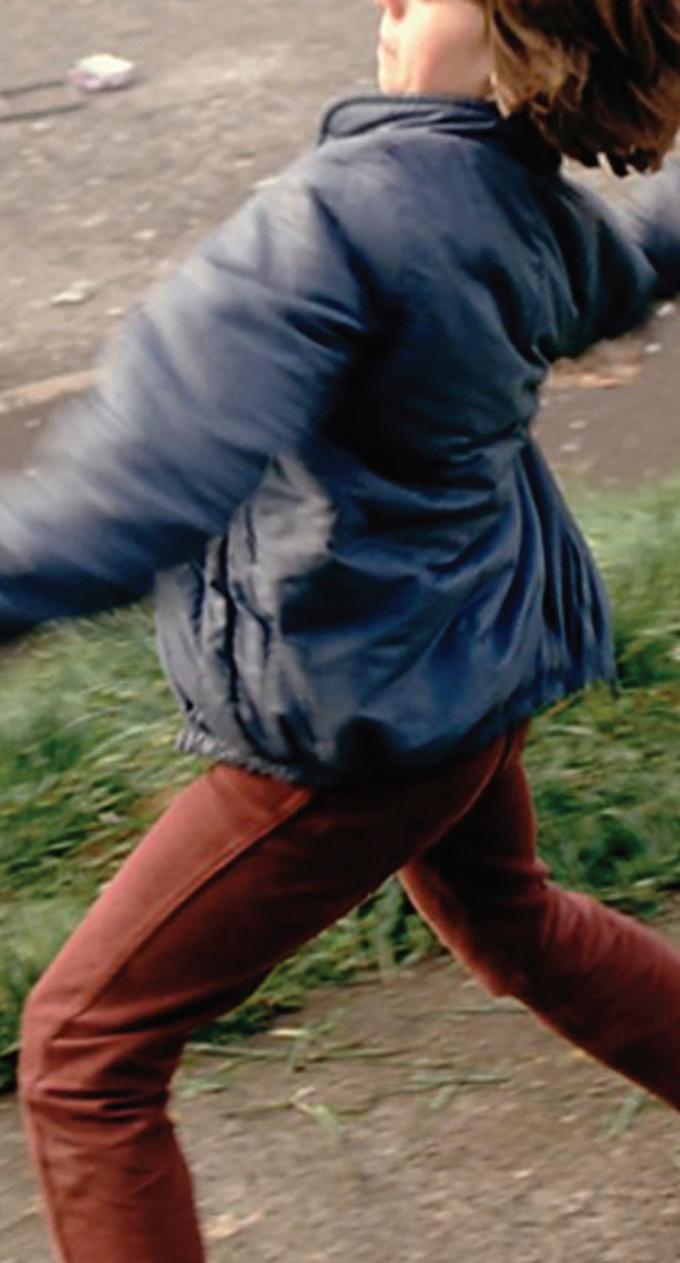
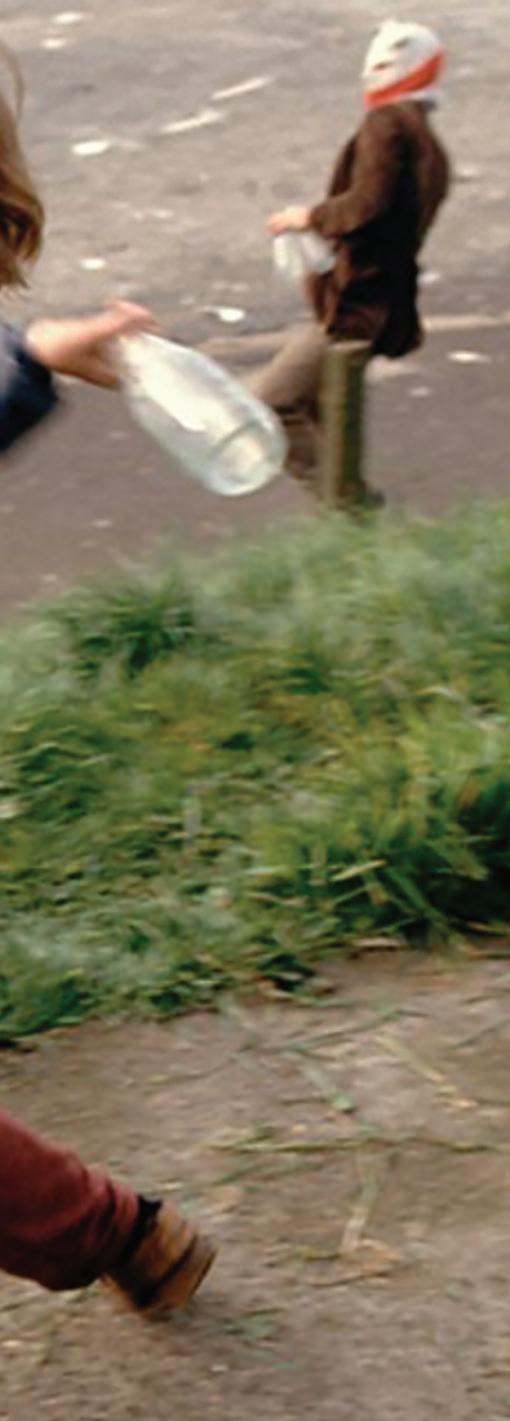
Funding pressures and the challenging commissioning climate have made riskier projects less viable, but a growing number of TV executives are arguing this is precisely why broadcasters like the publicly funded BBC need to take creative chances and swim against the tide of predictable, algorithm-driven content choices.
One of them is the BBC’s head of commissioning for specialist factual, Jack Bootle, who, alongside his BBC colleague Clare Sillery, head of documentary commissioning, said the pubcaster “can take risks, and we need to take risks.”

global industry within factual. “PSBs are significant coproduction partners. Less money from PBS means less money to go around, and that’s not good news right now,” he said.

priorities at She eld DocFest over
Bootle discussed his commissioning priorities at She eld DocFest over the summer, together with Sillery and the BBC’s commissioning
editor for the arts, Alistair Pegg. He pointed to the plight of public service broadcasters (PSBs) internationally, notably PBS in the US.
“At a moment like this the BBC needs to be taking more risks rather than


“ People talk about seeing what’s happening to PBS as like watching a friend get beaten up, and that can lead to you shrinking, becoming smaller, becoming safer, not making trouble.
Even beyond the purely financial, this development is already having a “real chilling e ect on commissioning” for some PSBs in other countries, Bootle observed. “People talk about seeing what’s happening to PBS as like watching a friend get beaten up, and that can lead to you shrinking, becoming smaller, becoming safer, not making trouble. That is the opposite of what we need to do right now. We need to be rising to the occasion; we need to be taking the risks our friends can’t take.”
Bootle’s specialist factual commissioning remit covers a wide range of series, limited series and single films across history, natural history, science, religion and ethics.
Jack Bootle
PBS and NPR,” he observed.

fewer risks. We’ve all been watching with real alarm what’s been playing out in the States with
Bootle, whose slate includes a number of international coproductions, also sounded the alarm for the wider


Recent bold moves taken by the BBC include the first ever broadcast by a UK terrestrial broadcaster of the religious project Eid Live, a live broadcast of the Islamic service Eid al-Fitr from Bradford Central Mosque. “The idea came to us from [Bradford-based indie] Amplify, who said no one had ever broadcast this on British TV before, and that was a gauntlet thrown down to me and Daisy Scalchi, who I run religion with,” said Bootle. “We just had to pick that up and run with it.”
On the natural history front, a new project
Define your future in The New Content Economy
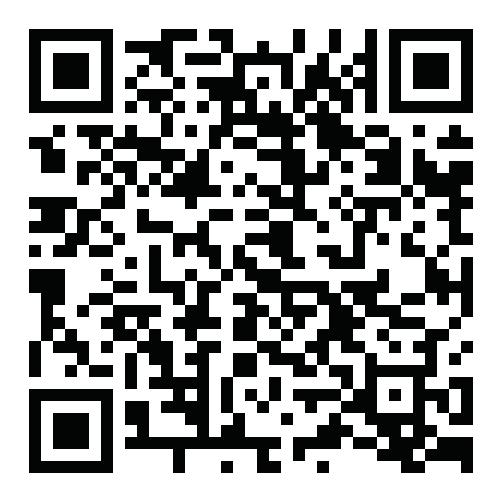





underway at the BBC’s Natural History Unit is Matriarch (working title), which draws on the decades-long work of veteran primatologist and conservationist Jane Goodall with the female chimpanzees of Gombe in Tanzania.
While agreeing big blue-chip natural history projects attract the largest factual audiences, Bootle observed: “When we talk about broad audiences, I’m also thinking about reaching those viewers who don’t ordinarily come to the BBC, and we try and make those connections. And actually, the religion slate can be a really amazing place to do that.”
As well as Eid Live, docs like Big Zuu Goes to Mecca, in which the TV chef and rapper makes a pilgrimage in an attempt to understand more about his faith, are also able to cut through with Muslim audiences, he added.
A follow-up to this was Amol Rajan Goes to the Ganges, which saw the BBC newscaster, who comes from a Hindu family, make the journey to the Kumbh Mela, a major Hindu pilgrimage and festival on the banks of the River Ganges in India, described as the biggest human gathering on Earth.
“ In arts, taking a risk is quite o en about the approach and the tone we take. Sometimes the perception is that arts programmes need to be very serious, high-fibre and possibly like homework, and they don’t have to be.
Alistair Pegg
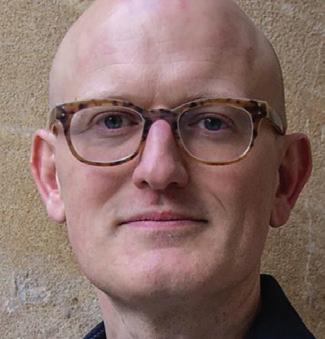
Creating more diverse faith-based coverage does not a ect the BBC’s Christian-related output, said Bootle, arguing the pubcaster already super serves Christian viewers and teasing a forthcoming production with “access to the biggest Christian story on Earth.” Bootle and Sillery said their teams also actively invite pitches from new suppliers, citing Confessions of a Steroid Gang, from Midlands-based Double Acts, and Poison Water (1x90’), from Leeds-based Button Down and Keo Films.
While noting that her team frequently get pitched environmental ideas that would fit better under specialist factual commissions by Bootle, Sillery said that in this case, the subject of Poison Water o ered perspective and layers that would resonate today, given the steady stream of scandals surrounding profit-driven privatised UK water companies.
While Bootle’s department commissions content like Confessions of a Steroid Gang to reach younger audiences,
the exec reiterates that broad-reach fare such as natural history still brings in the biggest numbers.
“Our biggest young audience has come through deep natural history, and big blue-chip science brings in massive young numbers to the BBC. Solar System recently really knocked it out of the park with young viewers, in particular with young males. There’s a real connection between [presenter] Professor Brian Cox and a young male audience I find really exciting.”
The BBC’s science programming, in particular, has become increasingly relevant over the last few years, said Bootle. “We are living in a world that’s so awash with misinformation, whether that’s through social media, or through o cial channels such as RFK Jr. In a world like that, we need trusted British storytelling more than ever before, and I think there’s a real hunger for it.”
Disease X (1x60’), a coproduction between STV Studios and the Open University, was commissioned by Bootle along with Tom Coveney, head of commissioning for science for BBC Two’s Horizon strand and BBC iPlayer. Presented by leading virologist and broadcaster Dr Chris van Tulleken, it focuses on identifying the next big global pandemic, dubbed Disease X by the World Health Organisation.
“Clearly, this is the subject of a thousand conspiracy theories, but if you want to know the truth, the BBC is the place to come. And not only is it accurate, it’s a really, really exciting film,” Bootle said.
Sillery, meanwhile, discussed the corporation’s approach to risk, reach and relevance while o ering advice to the UK’s independent production sector about what her commissioning team is seeking across new returning series, limited series and single films.
There are three ways to take risks with docs, she said: “One is what we call in the documentary team ‘putting your finger in the socket’ – really di cult stories that other people tell. The second is anti-algorithm commissioning, or commissioning against the grain. We don’t want more of the same, we want to get variety. The third is about remembering to commission films where filmmakers get a chance to not know the answer to the question when they embark on the film. We don’t do that many of those still to this day, but we’ve got to keep doing them. It’s a really important skill.”
Sillery’s vocal commitment to risk-taking came amid a summer of headlines taking aim at the BBC, including some about its decision to drop Gaza: Doctors Under Attack from London-based indie Basement Films, a film promptly picked up by Channel 4 that highlighted Israeli military attacks on hospitals in Gaza.
BBC documentaries aren’t treated as a ‘genre,’ given that they address a wide range of topics, from science, history, popular culture and the arts to current a airs, as well as di erent approaches, explained Sillery. But unlike a current a airs-commissioned film, a doc won’t try “to make sense of the latest atrocities unfolding on screen,” she said.
“We get the privilege of stepping back and finding perspective, time, space, finding layers and stories,” she added. “We’re sent a lot of ideas, which you can see on the news and in current a airs, and we will send those to [BBC] Current A airs quite often. We’ve got to work out where we can bring value, where we can bring the audience to it and bring a di erent perspective.”
Sillery o ered single doc Hell Jumper (1x90’), from
prodco Expectation, as an example. It follows young British volunteers on the front line in Ukraine through the eyes of one of them, Chris Parry, as they help to evacuate people.
Sillery is keen to commission against the grain. “We want to look at the things that aren’t being told or the approaches that aren’t. For example, Northern Ireland; the wisdom is that nobody will watch a programme about Northern Ireland. Well, they do when the right one [like Once Upon a Time in Northern Ireland] comes along,” she said.
Sillery’s department pursues a two-pronged approach when it comes to attracting younger audiences, with the exec observing that the big, broad brands like Louis Theroux or Stacey Solomon-fronted Sort Your Life Out are often the best route.
“Theroux is getting 600,000 16-34s because I think there’s a genuine appetite in young audiences to understand the world around them, and he is a brilliant person to take them into that story.”
The other route is commissions like the Growing Up franchise of films, which also attract a large number of younger people on iPlayer.
According to Sillery, around half of her department’s docs are now iPlayer brands, led by returning obs doc series such as Ambulance, Murder 24/7, Forensics: The Real CSI and Sort Your Life Out, which reach a broad audience of 3.5 to four million through iPlayer and also form a habit with viewers through their back catalogues.
“The thing that is exciting for indies, if you want to develop these brands, is that we will commission them at volume because we want to build the back catalogue as quickly as we can. We’ll commission six, eight episodes straight away, and then we’ll commission a second series really quickly, because we want volume.”
Docs need to have resonance as well as relevance, Sillery continued. “We commissioned Atomic People because the atomic threat feels very present right now, so having a film which was the testimony of the last children who survived the atomic bomb in Hiroshima and Nagasaki resonates.”
The same could be said of Backlash: The Murder of George Floyd, she added. “At a time where it feels like things are retrenching, it’s really important to remember how it felt that things were changing and ask, ‘How much have things changed?’”
Another good entry point into documentary is with the right talent, said Sillery, citing on- and o -screen figures like Freddie Flinto (Freddie Flinto ’s Field of Dreams), Stacey Dooley, Theroux and Solomon, plus newer talent like Marian Mohamed and his film Defending Digga D, coming through the BBC’s new documentary directors scheme.
In common with his BBC commissioning counterparts in documentaries and specialist factual, Pegg sees the importance of taking risks with arts programmes, which often means seeking out new approaches, styles and suppliers. “In arts, taking a risk is quite often about the approach and the tone we take. Sometimes the perception is that arts programmes need to be very serious, high-fibre and possibly like homework, and they don’t have to be. As a steer, think about di erent, unexpected tones for arts programmes,” Pegg advised suppliers.
The pubcaster’s coverage of the arts is spread across linear channels BBC One, BBC Two and BBC Four and iPlayer with stories that connect with viewers both emotionally and intellectually. This can be through historical subjects with contemporary resonance linking the past with the present, through artefacts, ideas or major
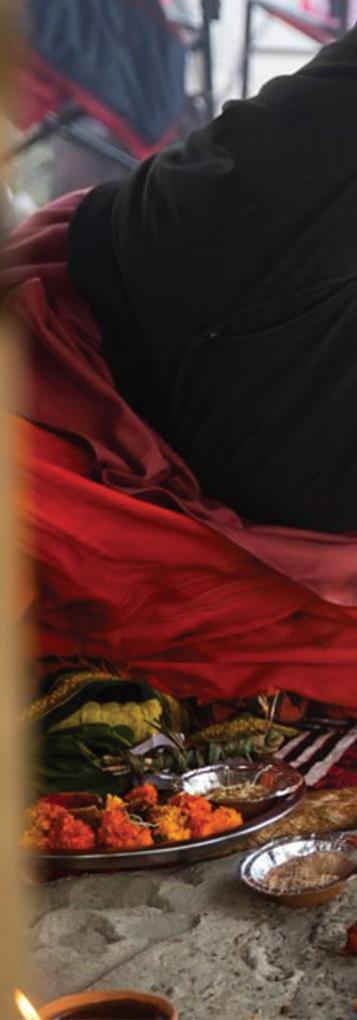

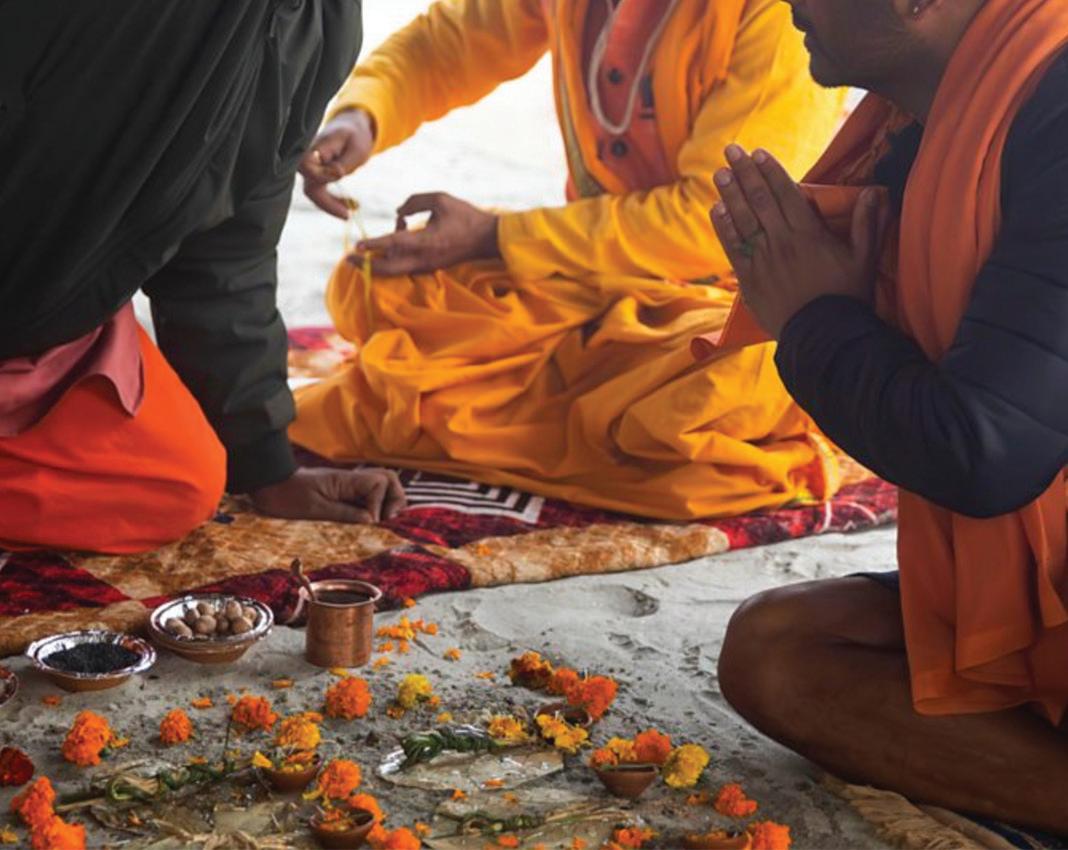
cultural figures; the stories of creative minds; and projects o ering unique access and revelatory takes on a topic. Pegg, who reports to Suzy Klein, head of arts and classical music commissioning, is the first point of contact for box sets, formats and limited series on BBC Two.
An example of a show that takes art into new, unexpected places was last year’s commission Rob & Rylan’s Grand Tour, from Zinc Media-owned prodco Rex TV. “It’s an example of what I would call funny factual. It’s cheeky, it’s naughty, it’s slightly rude, it’s two presenters who you wouldn’t necessarily expect on an arts programme. It’s also a cultural odyssey,” said Pegg.
A follow-up series, Rob & Rylan’s Passage to India, will launch this autumn. This time the two gay presenters trace the footsteps of one of Rinder’s favourite authors, EM Forster, by travelling across India to appreciate local art and culture from their own perspective.
At the other end of the scale are arts titles such as BBC Four show The Read, which Pegg describes as an “adult” version of former children’s storytelling show Jackanory Featuring celebrated actors reading a book to camera, the show is made by regional UK prodco Rural Media, based in Hereford.
Alongside other commissioning departments, BBC Arts takes projects through the corporation’s Small Indie Fund to help smaller prodcos, said Pegg. So far this year, around 50 firms across a range of factual and other commissions have had access to the fund.
Also launching this autumn is the department’s fourpart series Civilisations: Rise & Fall. Produced by BBC Studios Specialist Factual Productions, the series charts four ancient civilisations – Rome, Egypt, the Samurai of Japan and the Aztec empire – and the reasons for their collapse.
“It might seem the least resonant series you could think of, but in fact each collapse is a story of a horseman of the apocalypse that we often recognise. These are stories about pandemics, about climate change, about technological change. So I think those will resonate with an audience now,” said Pegg.
